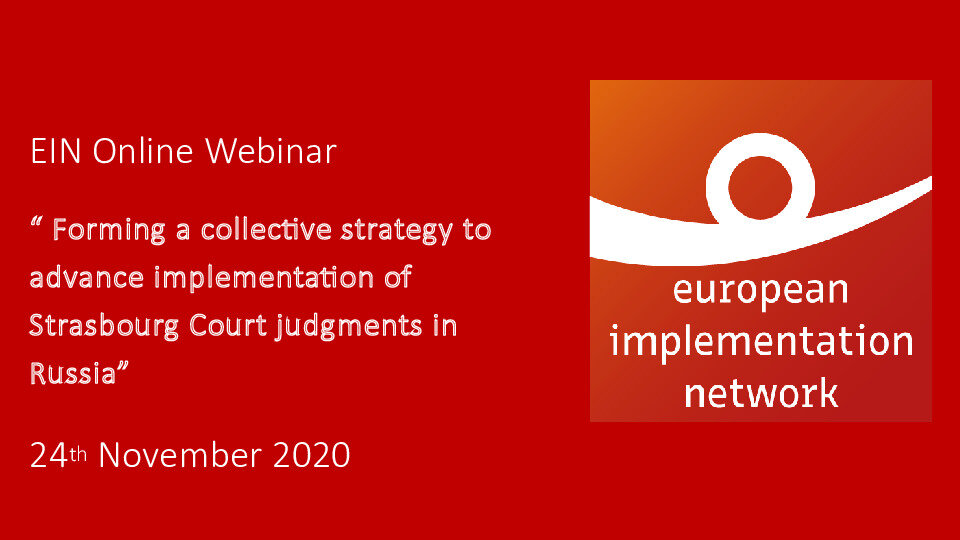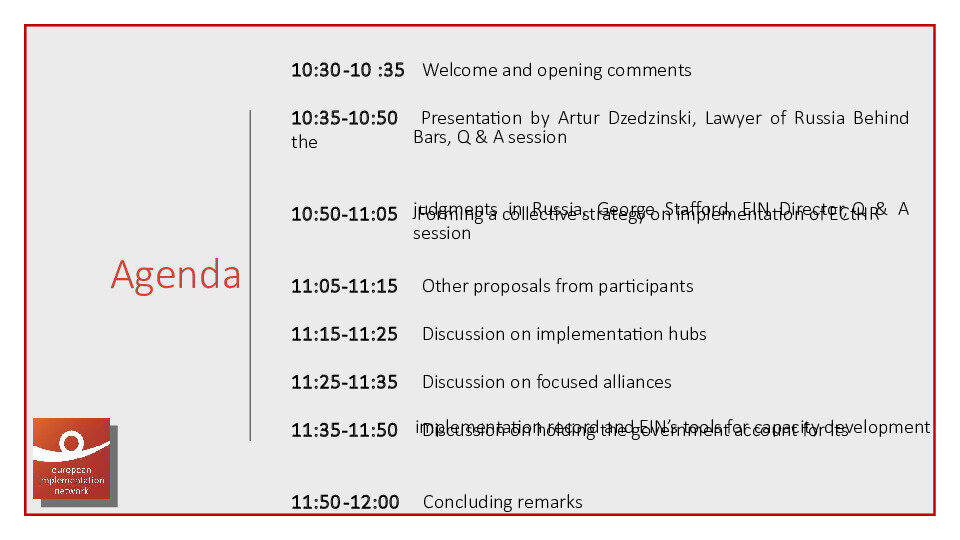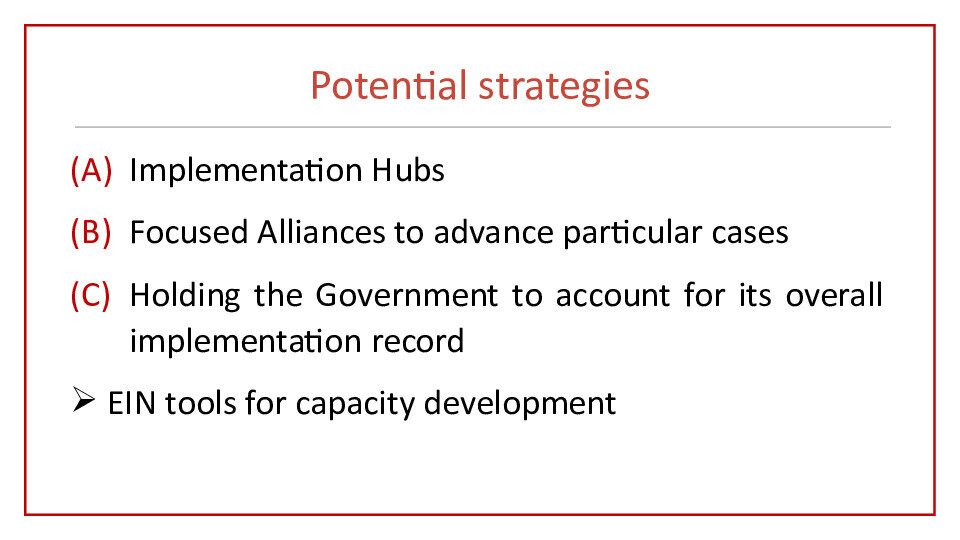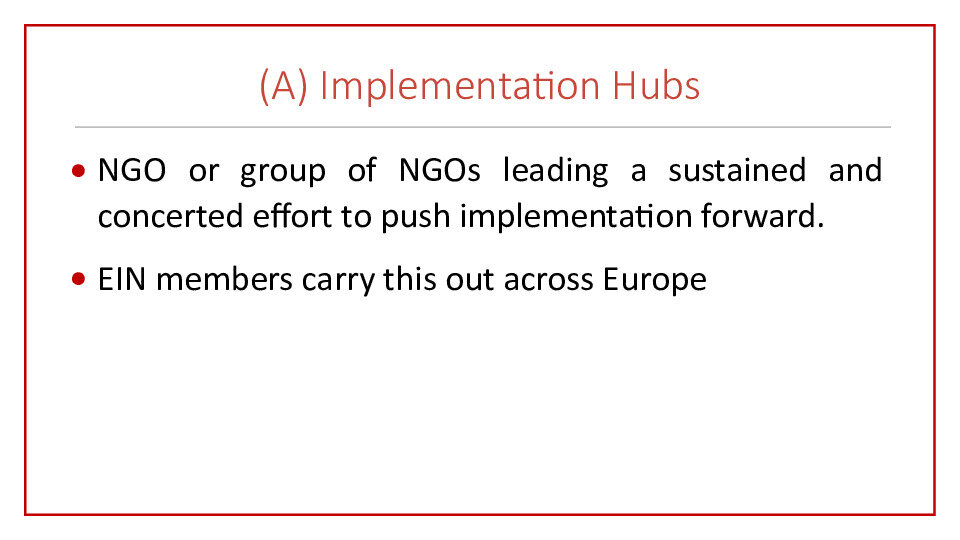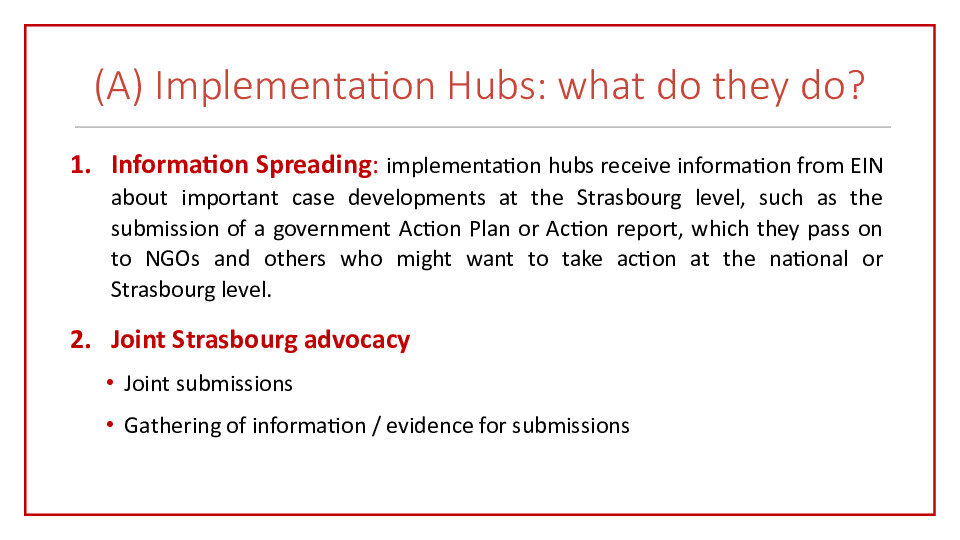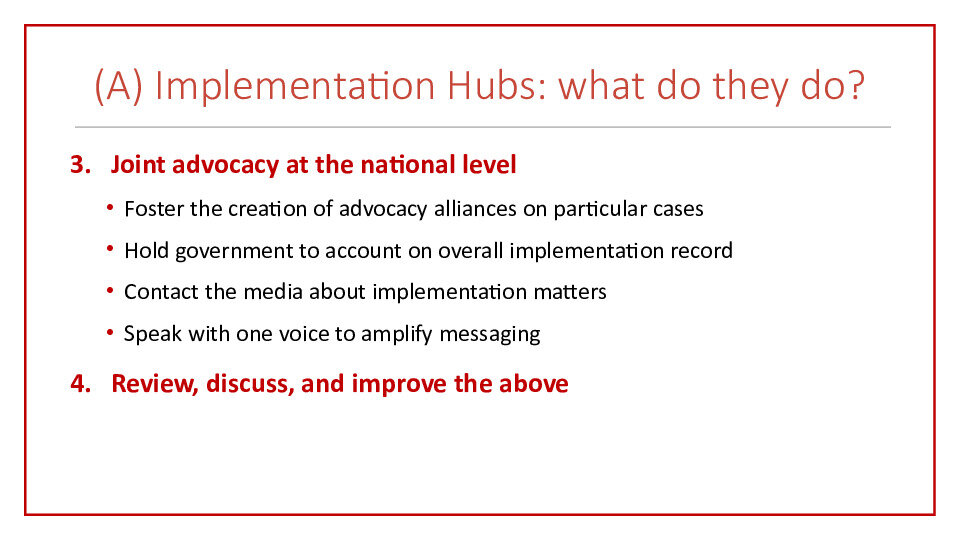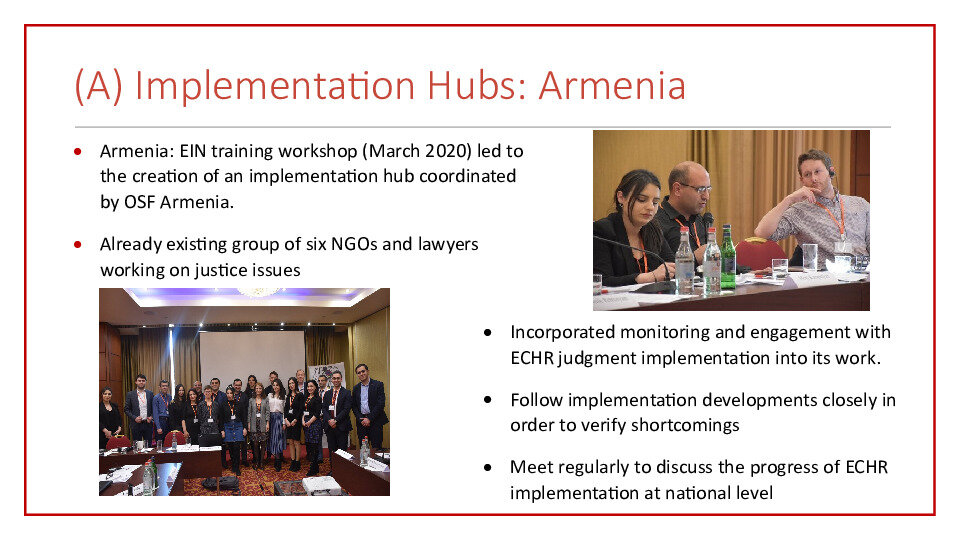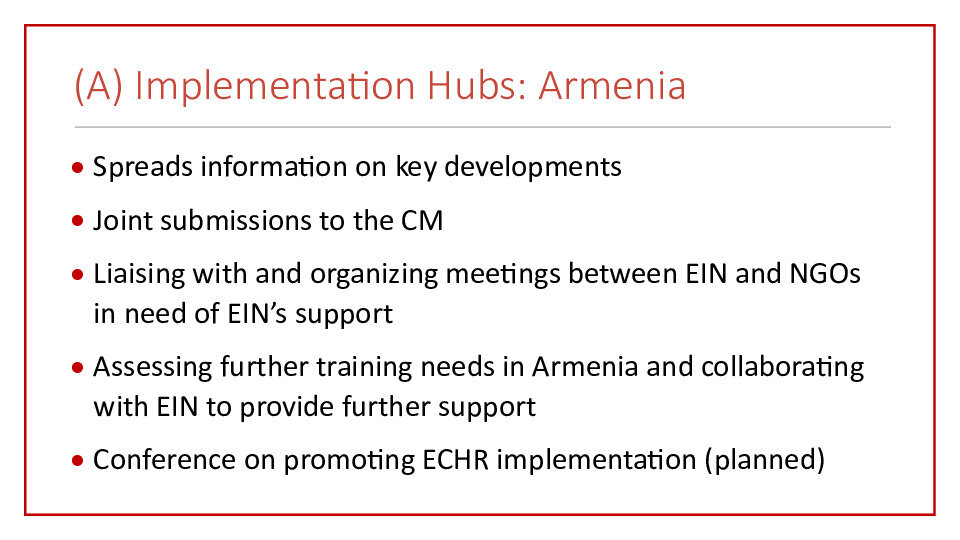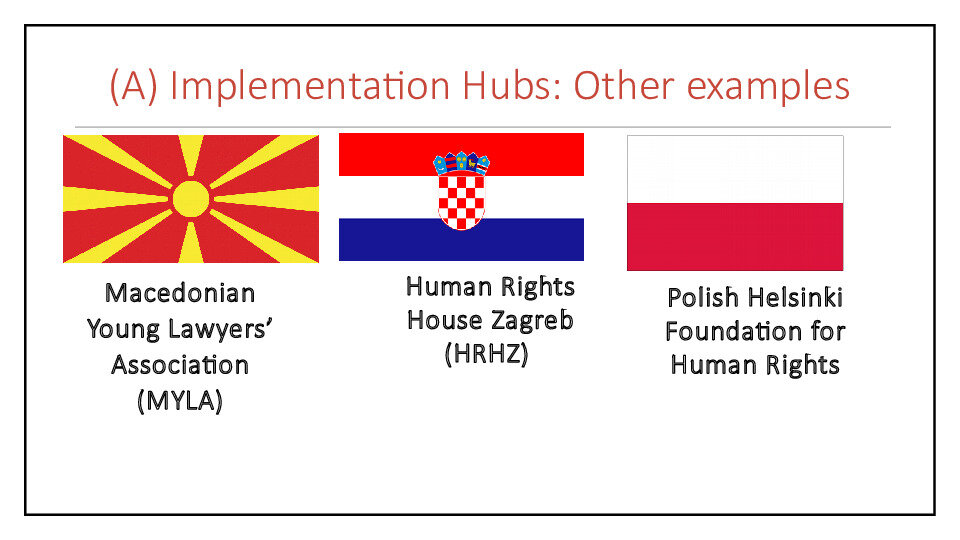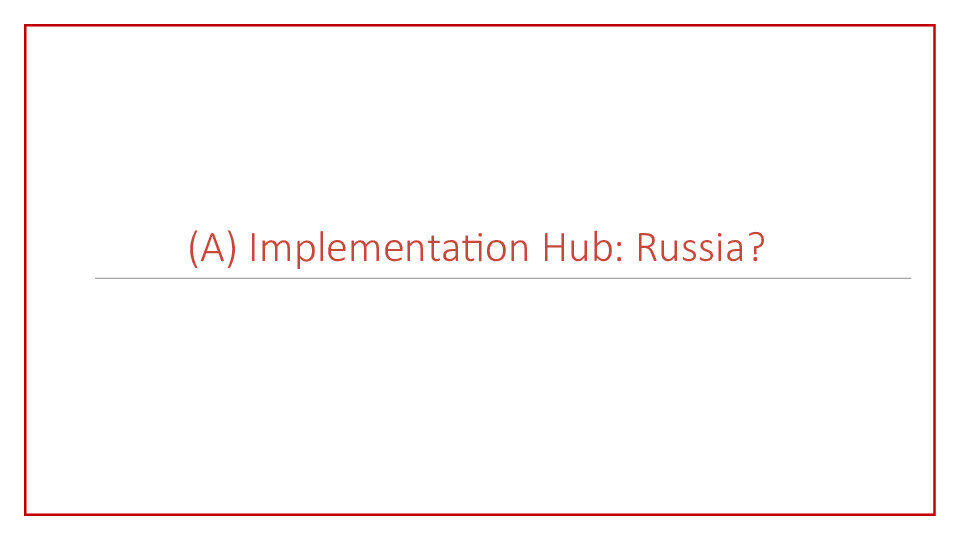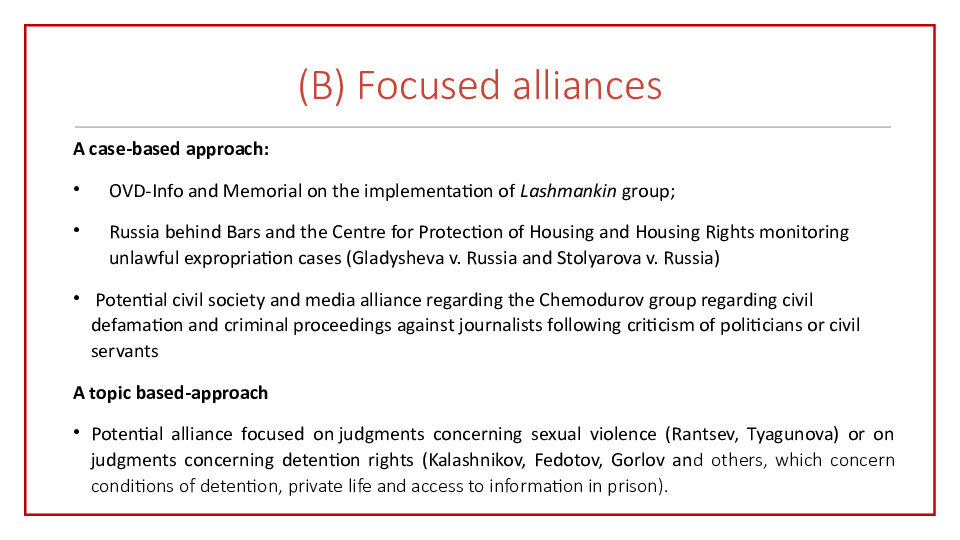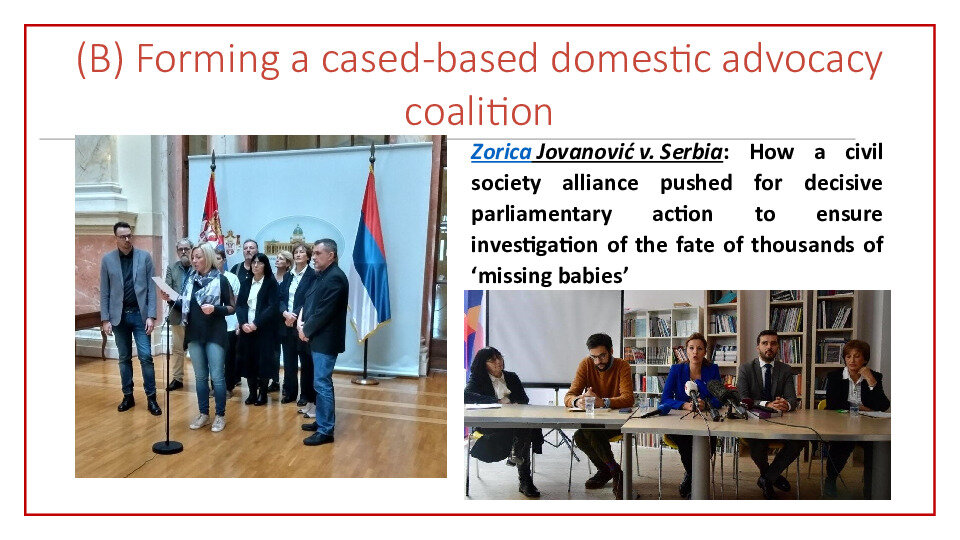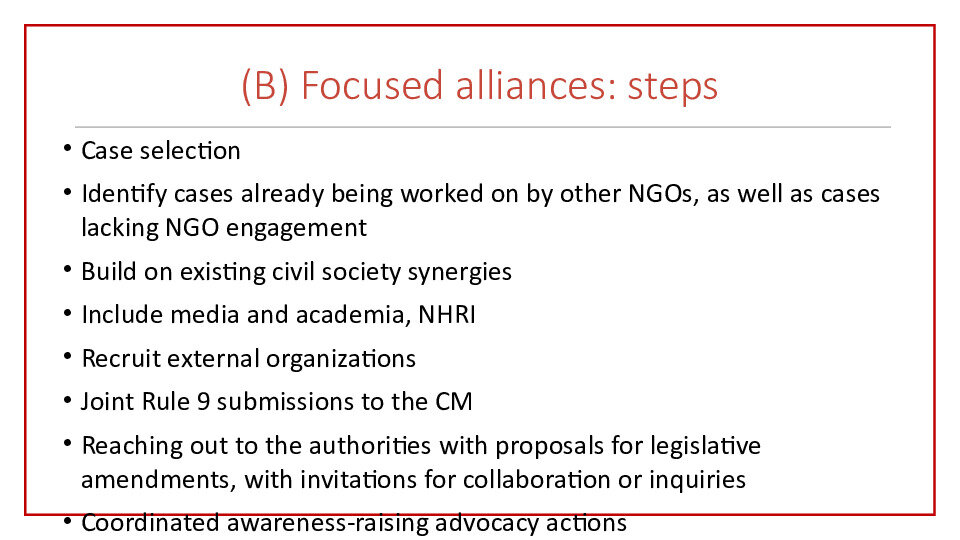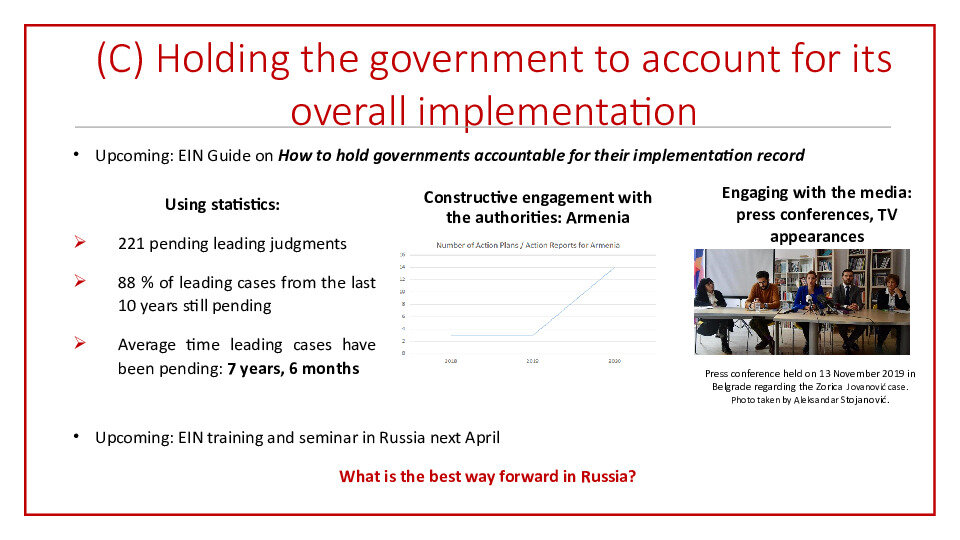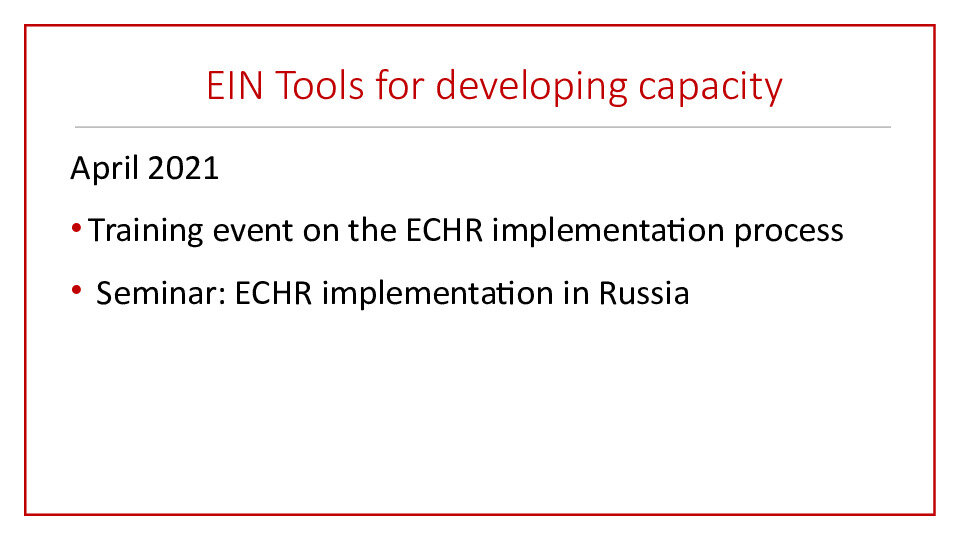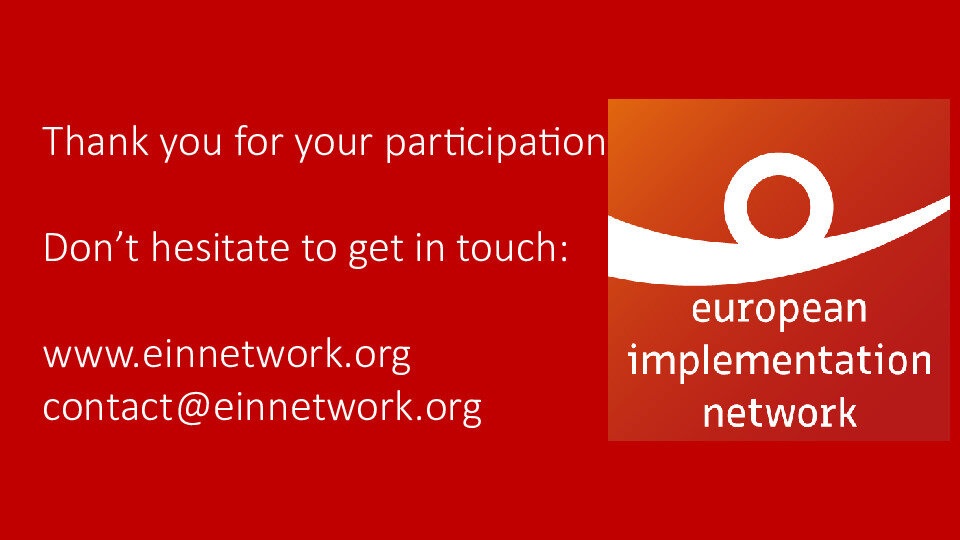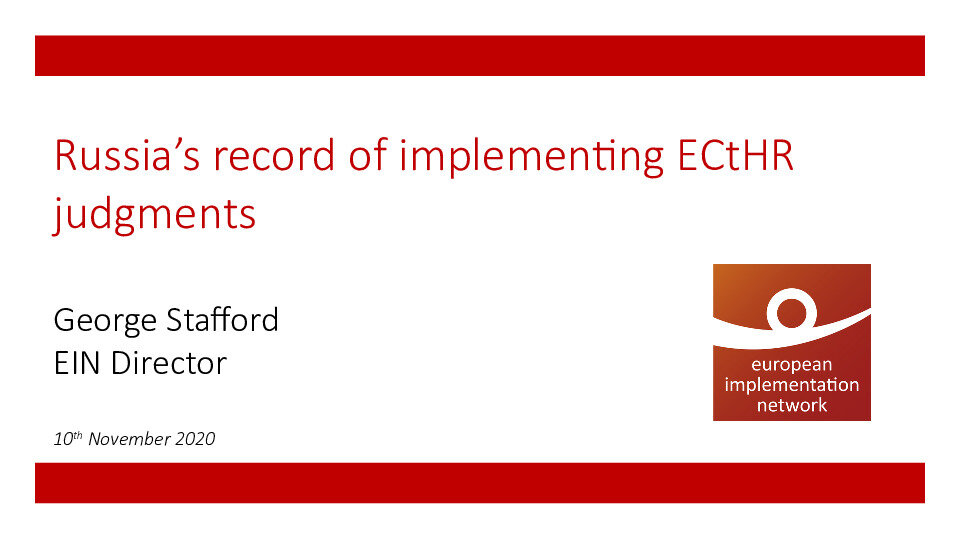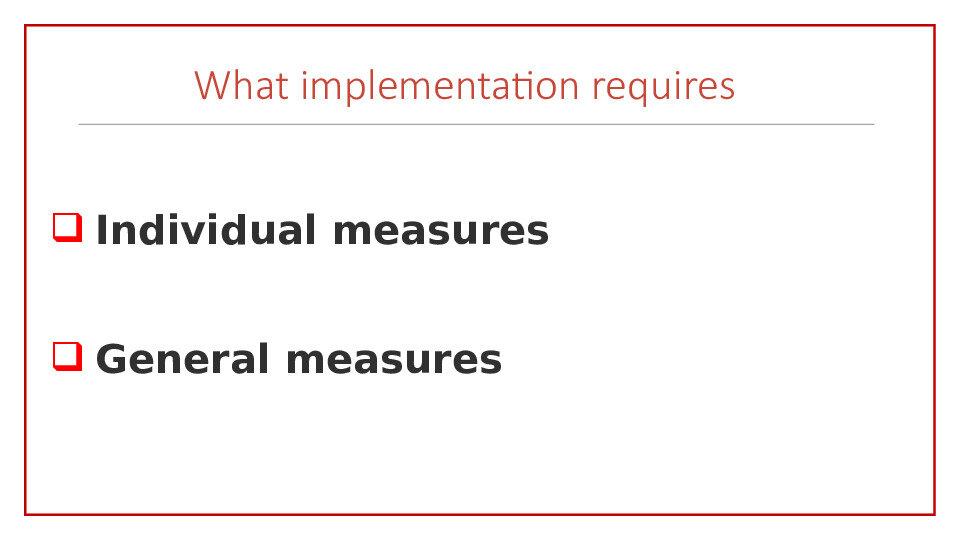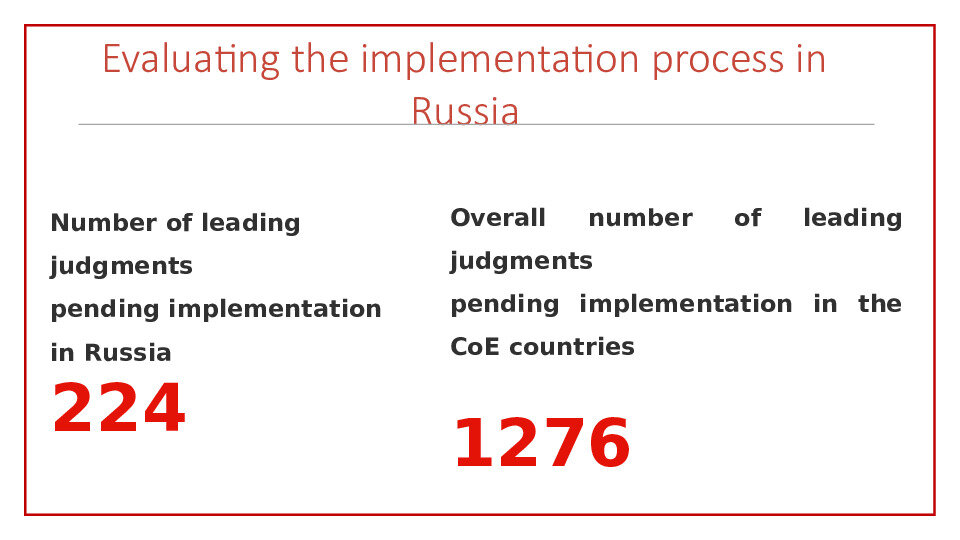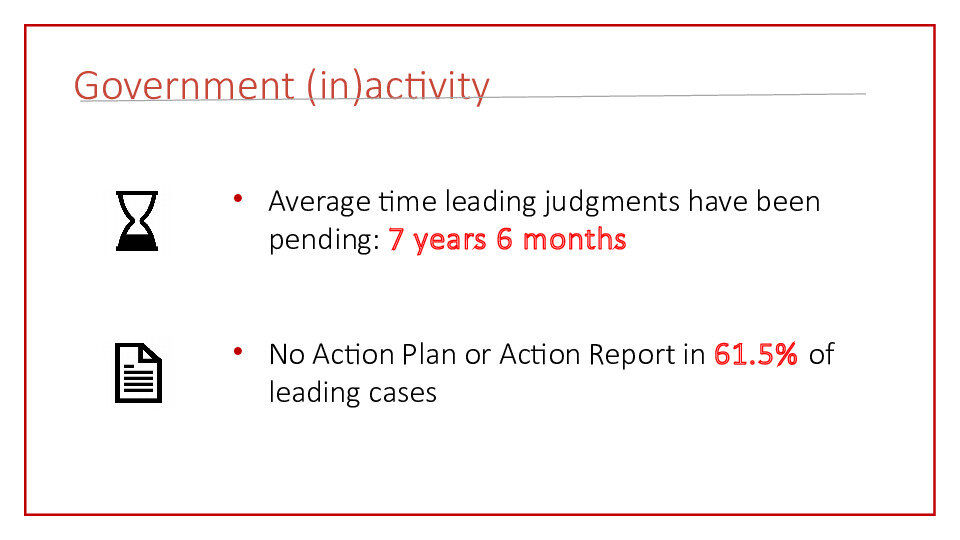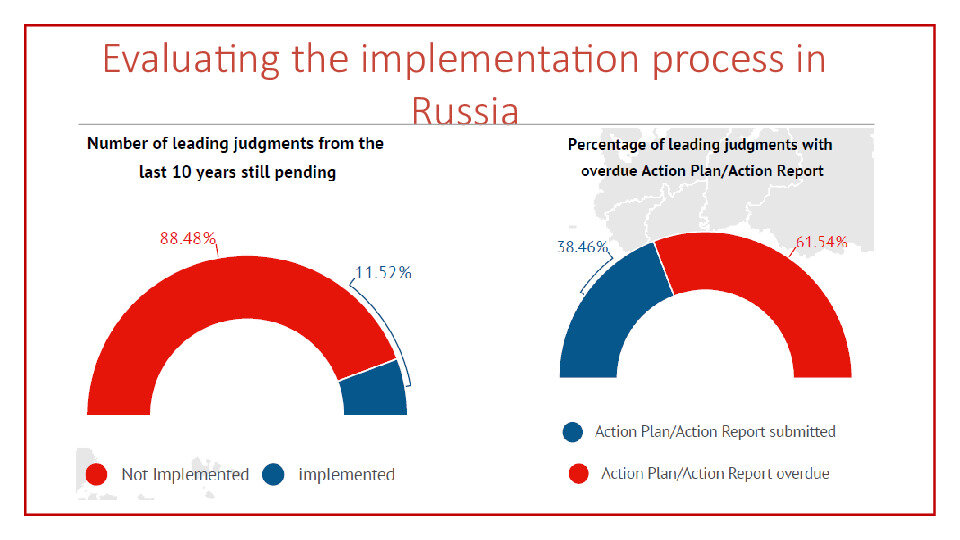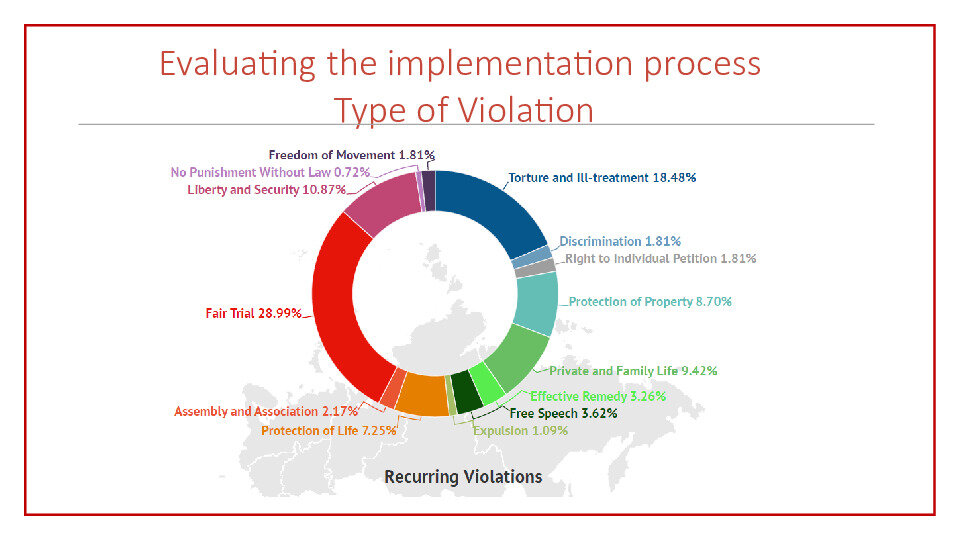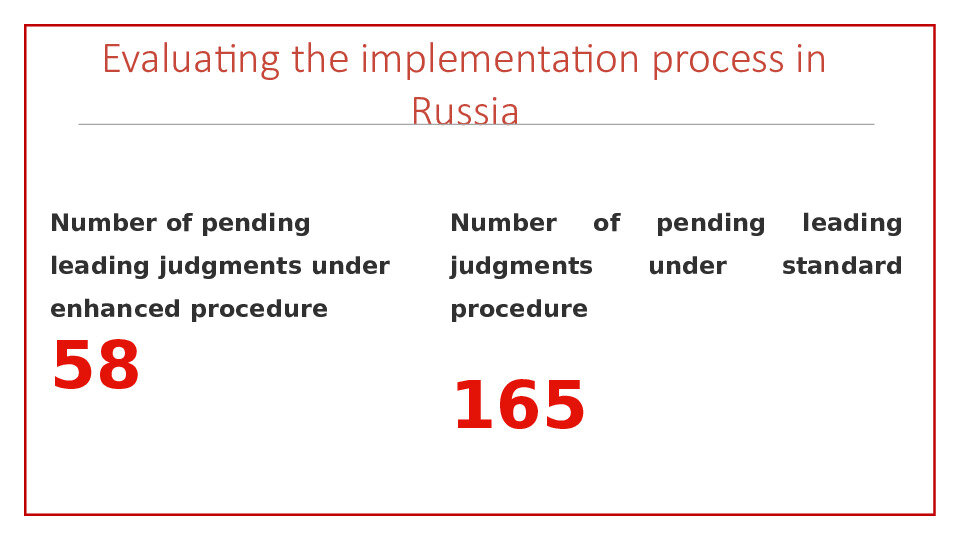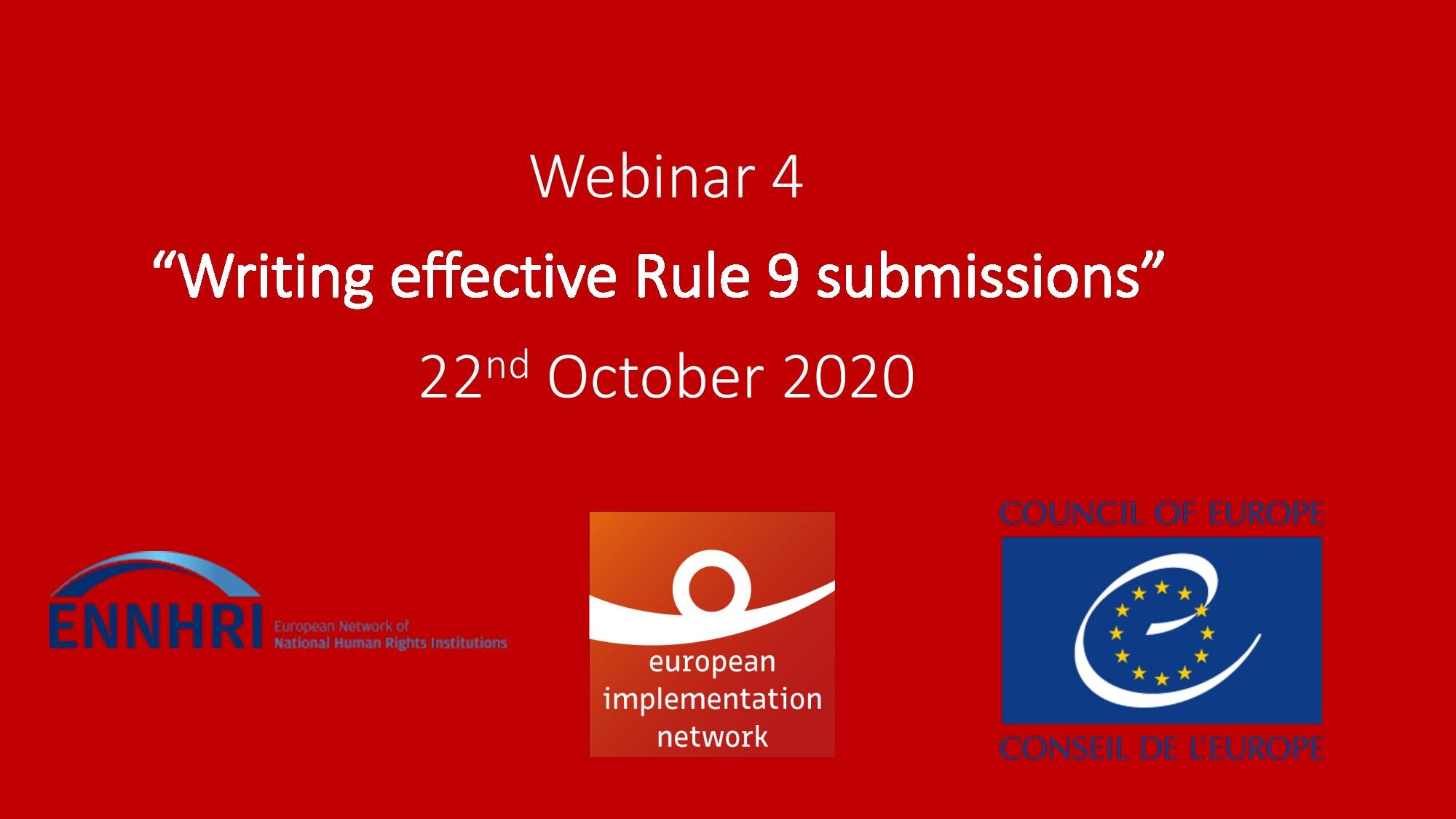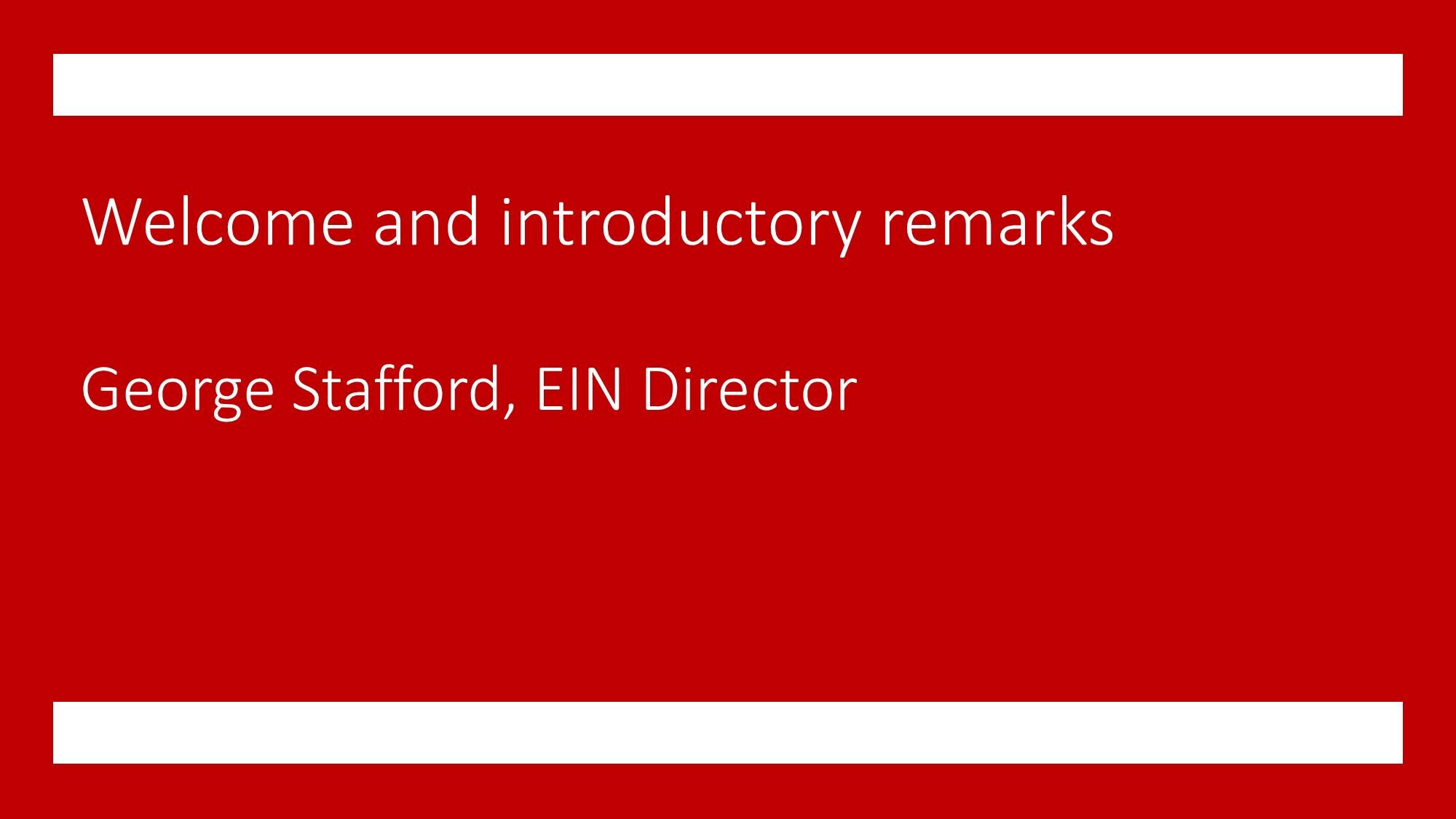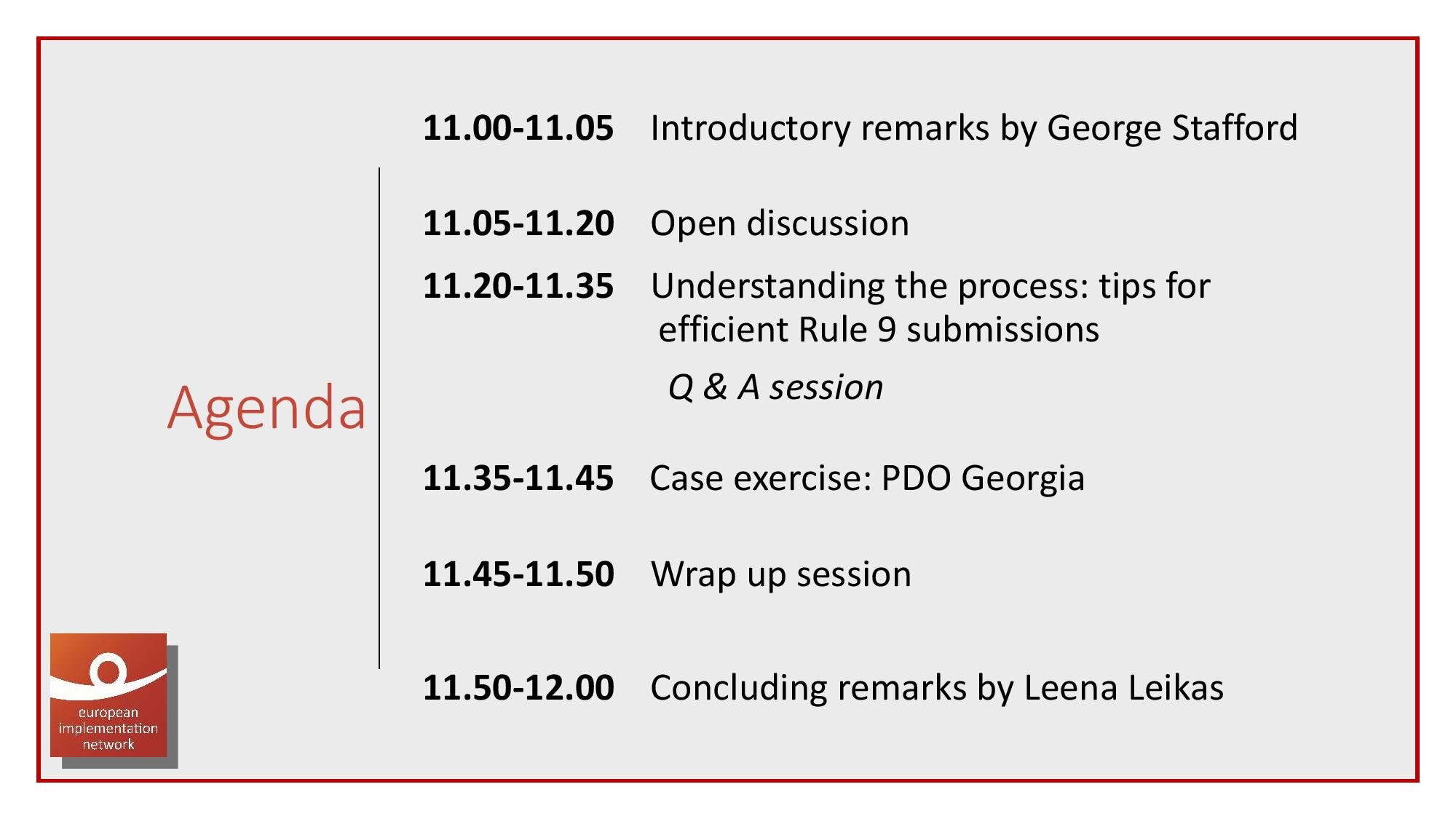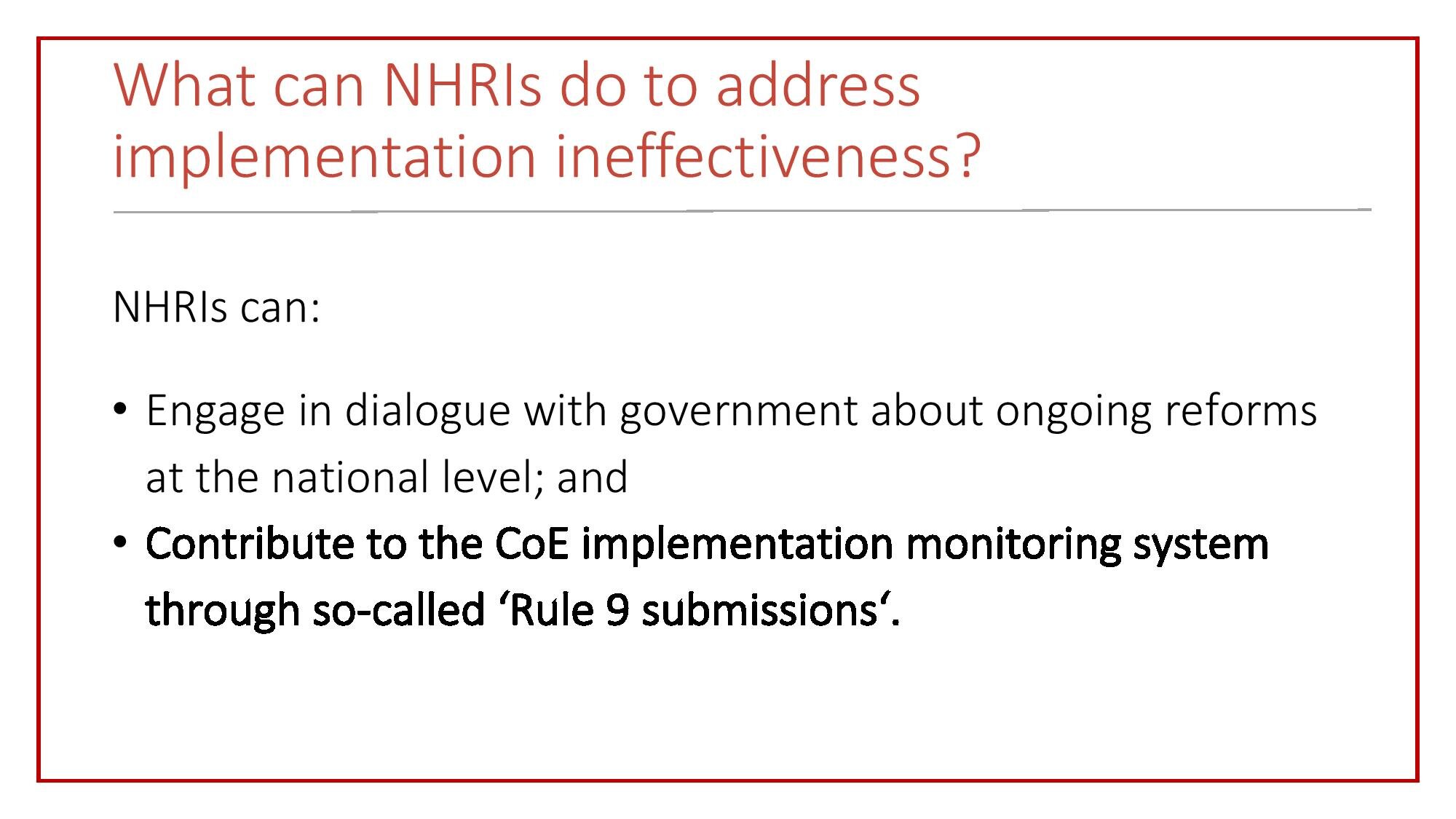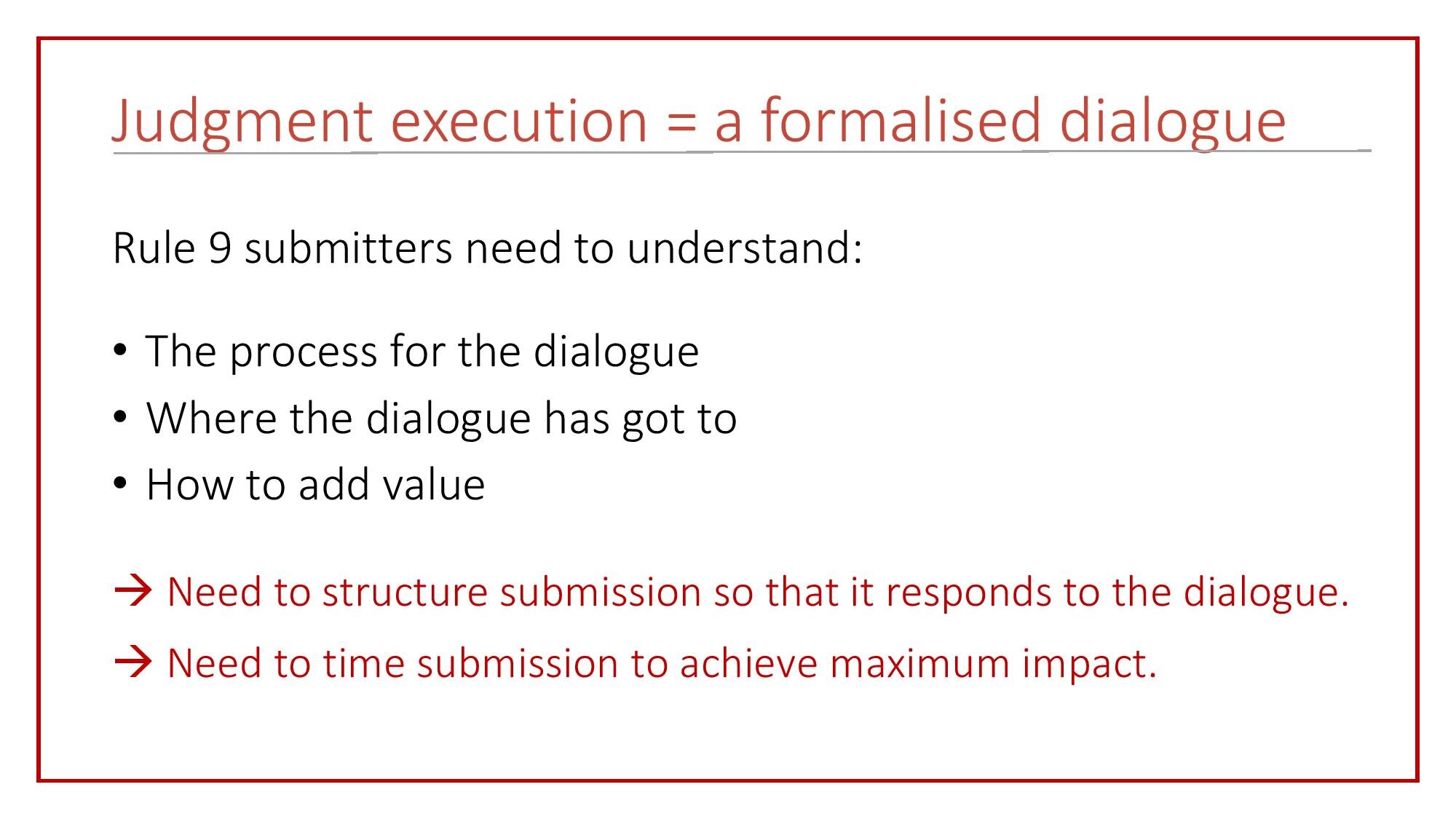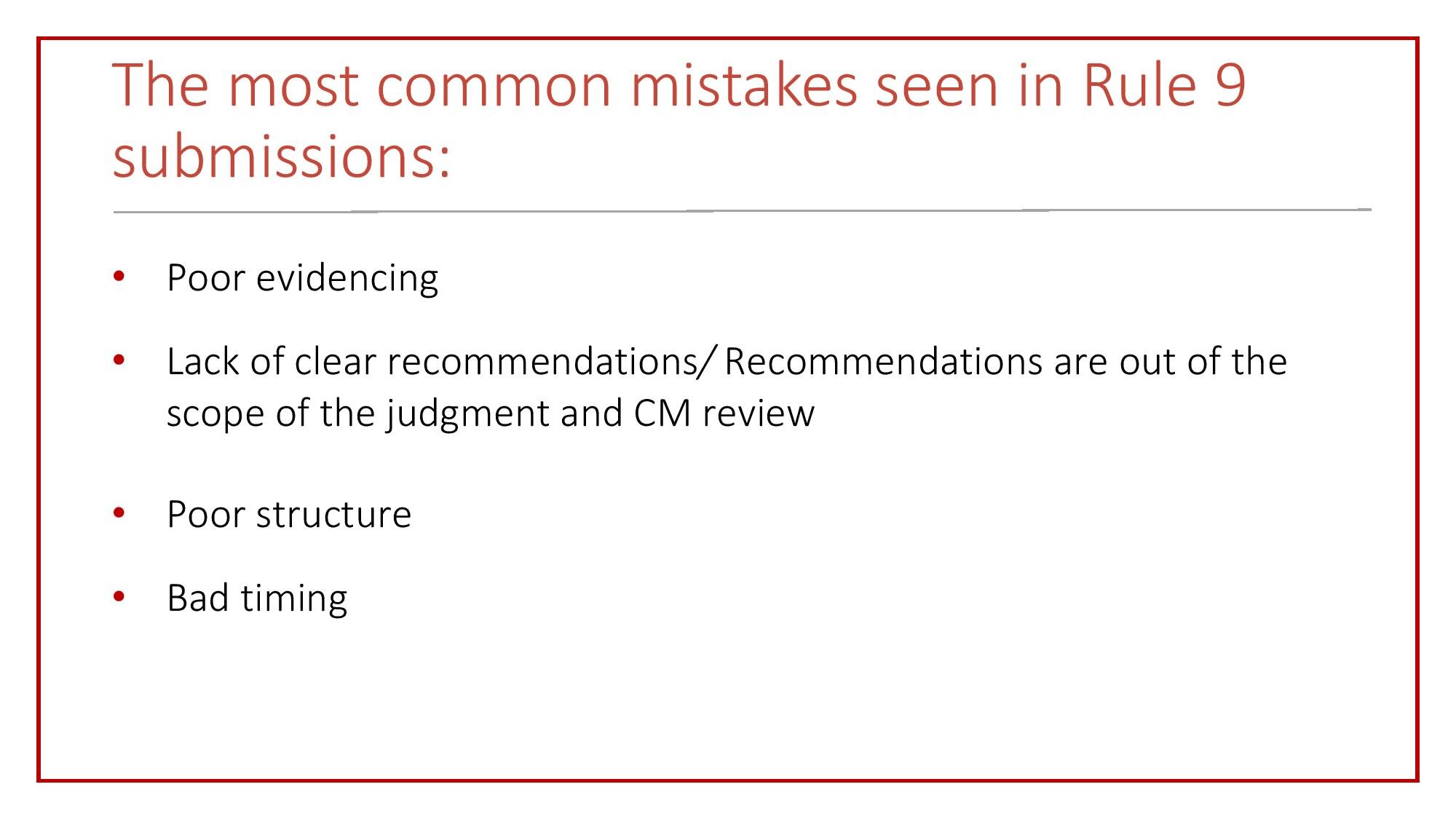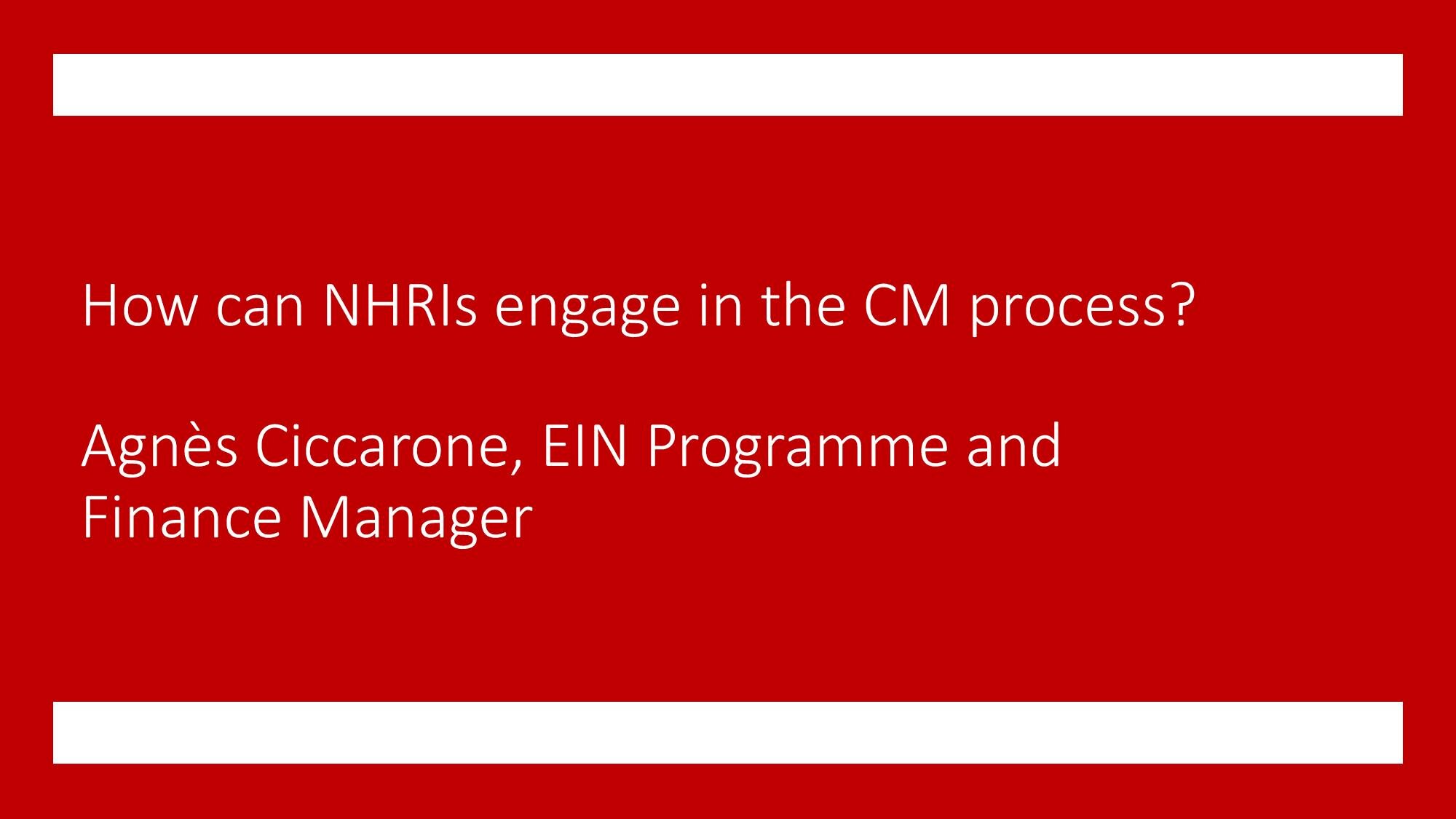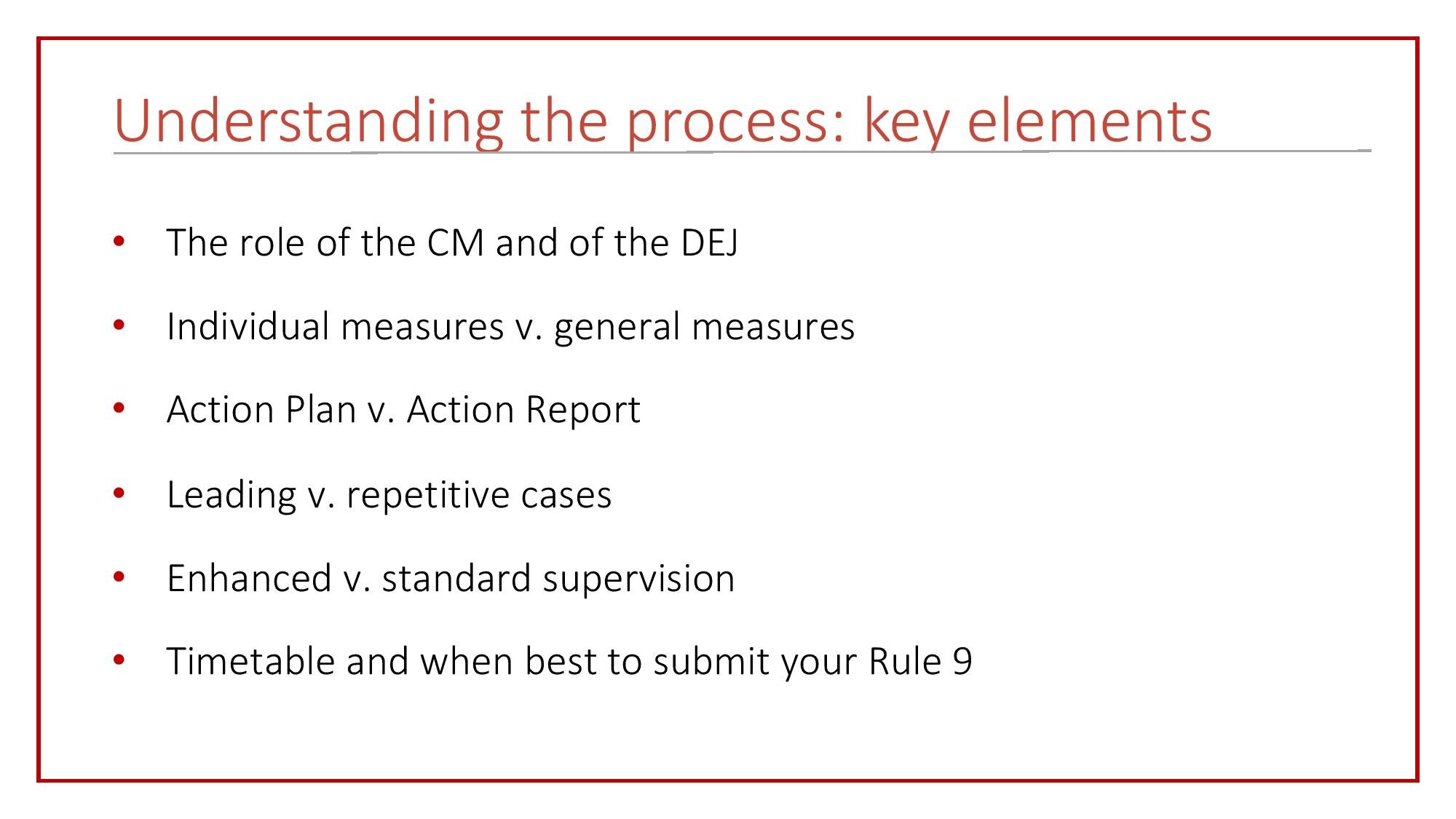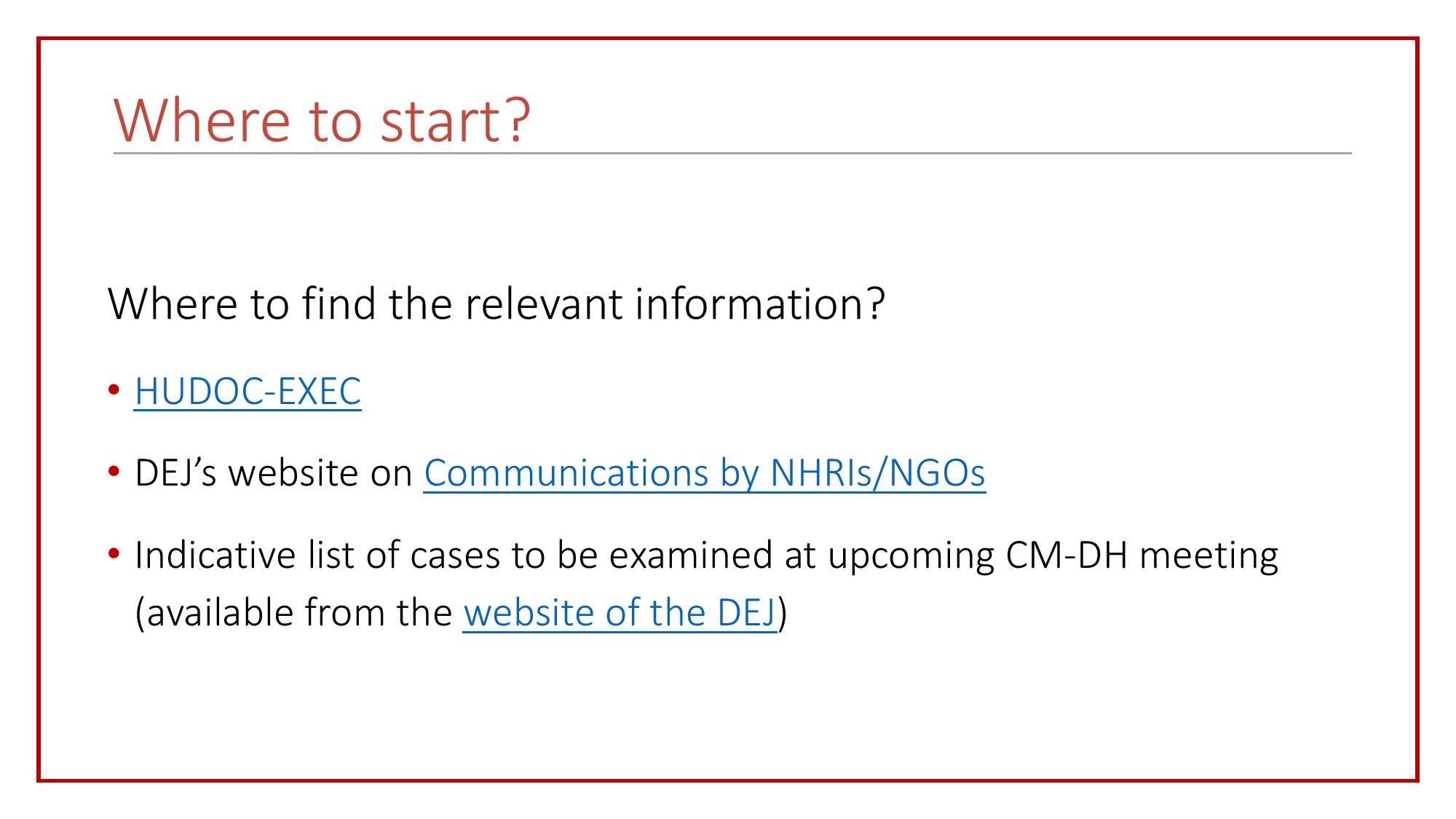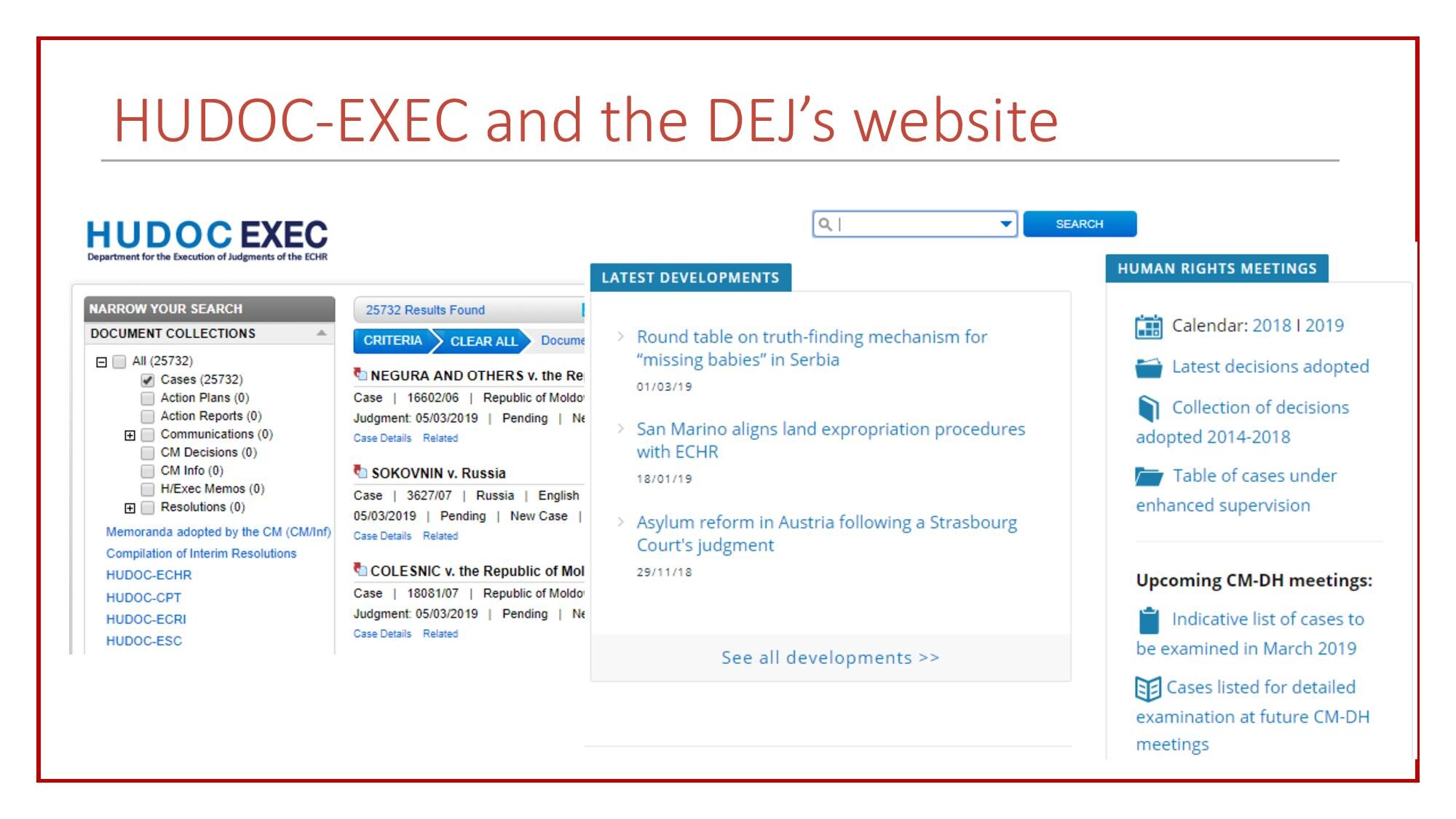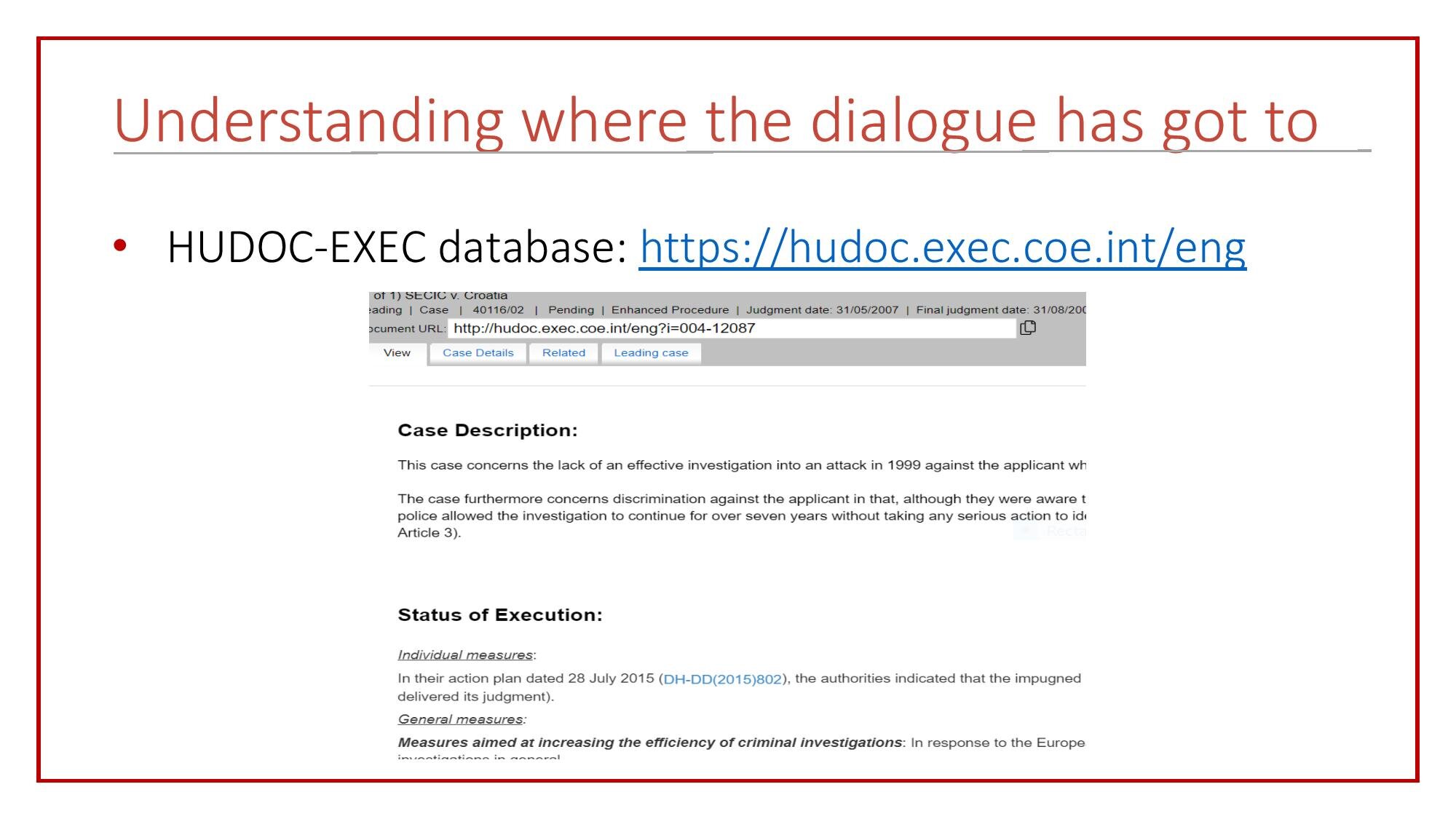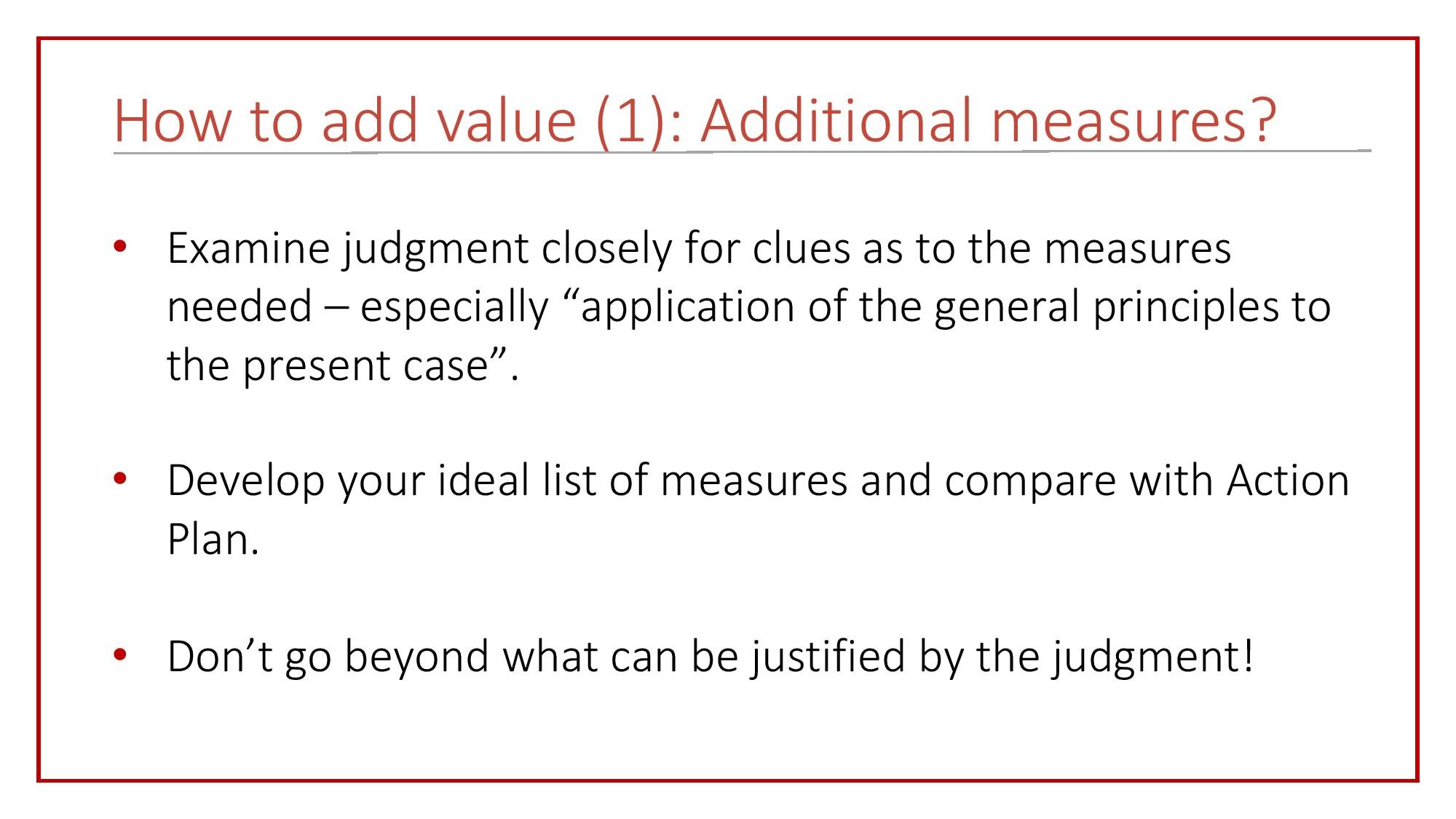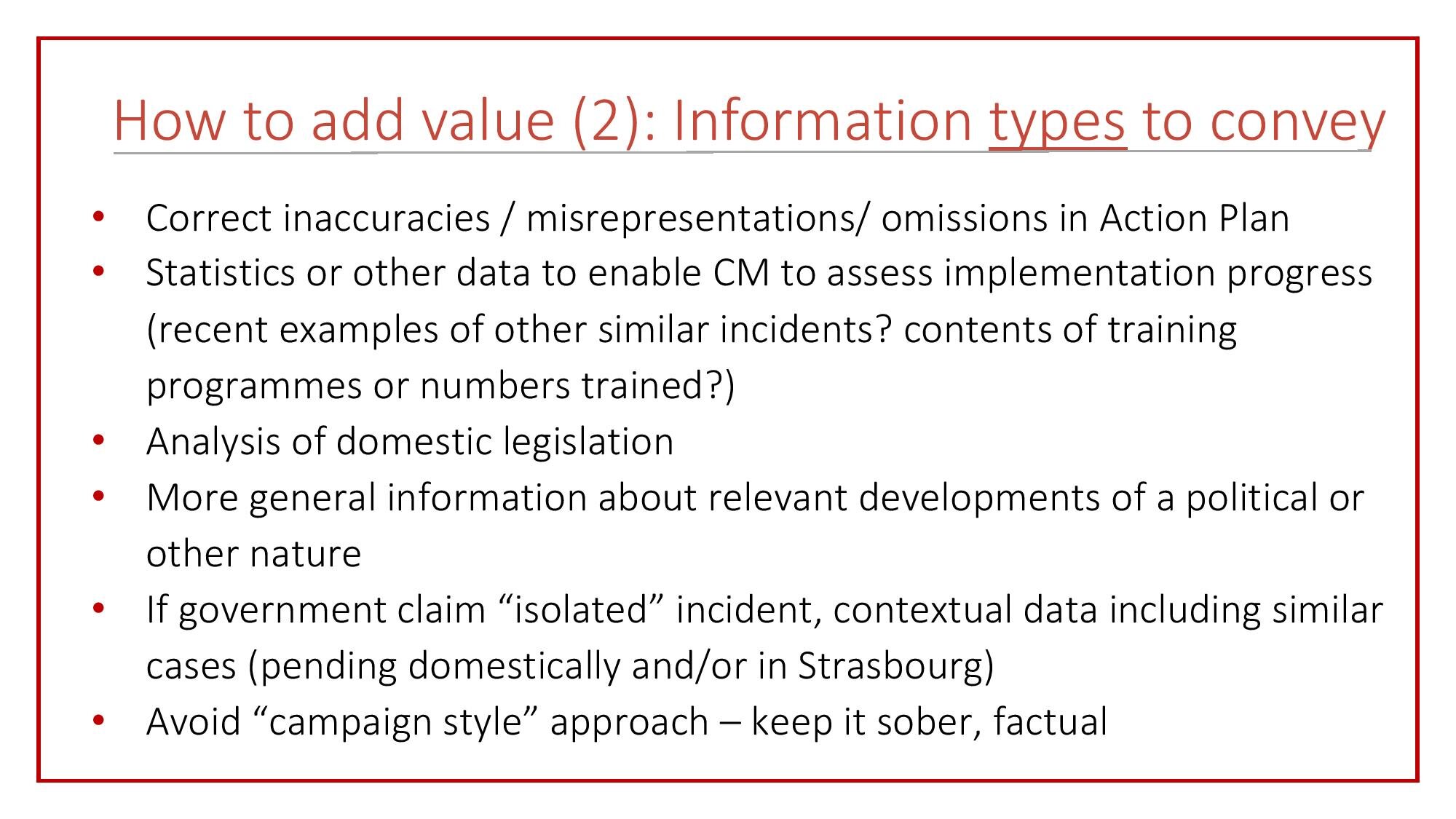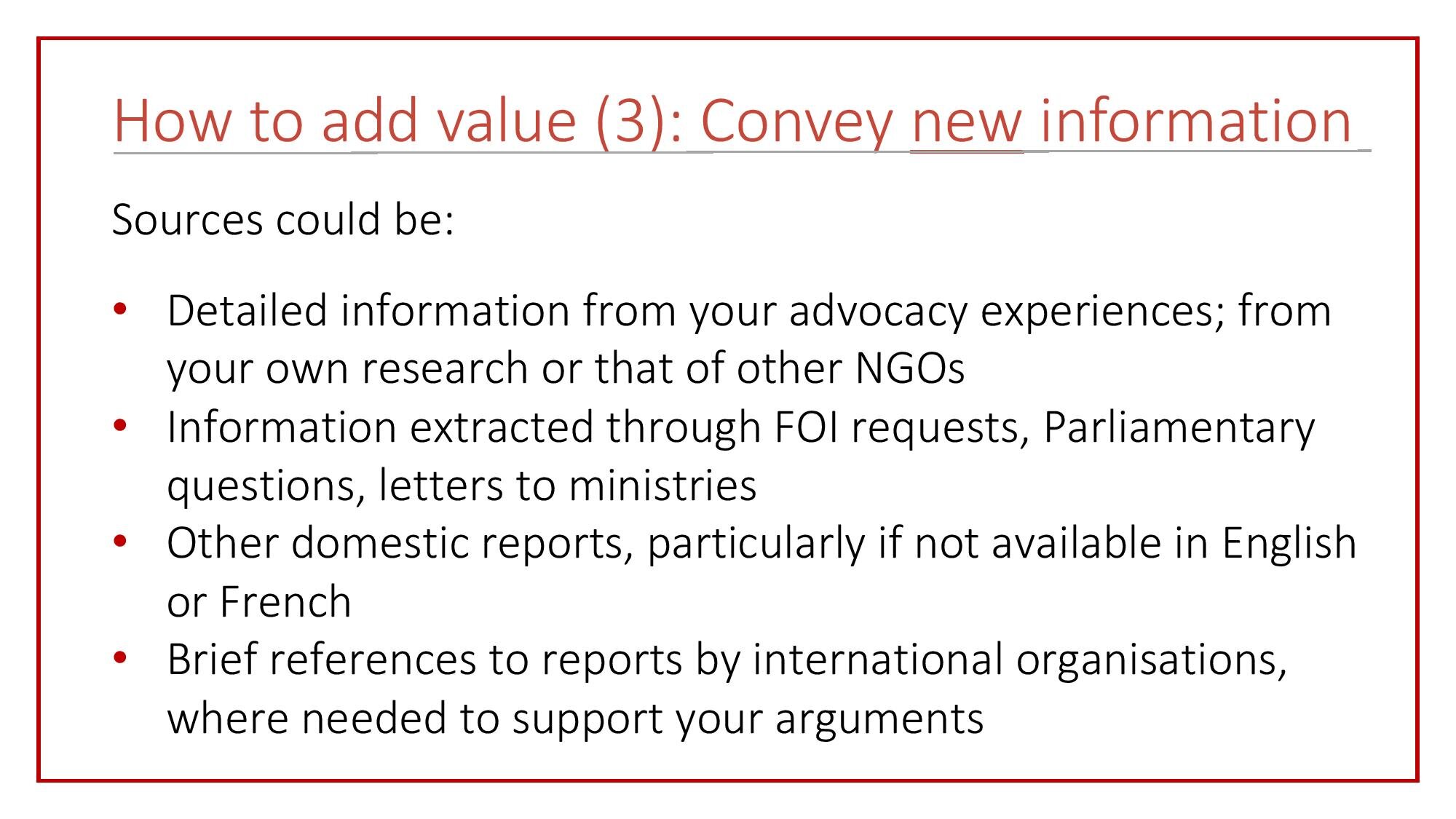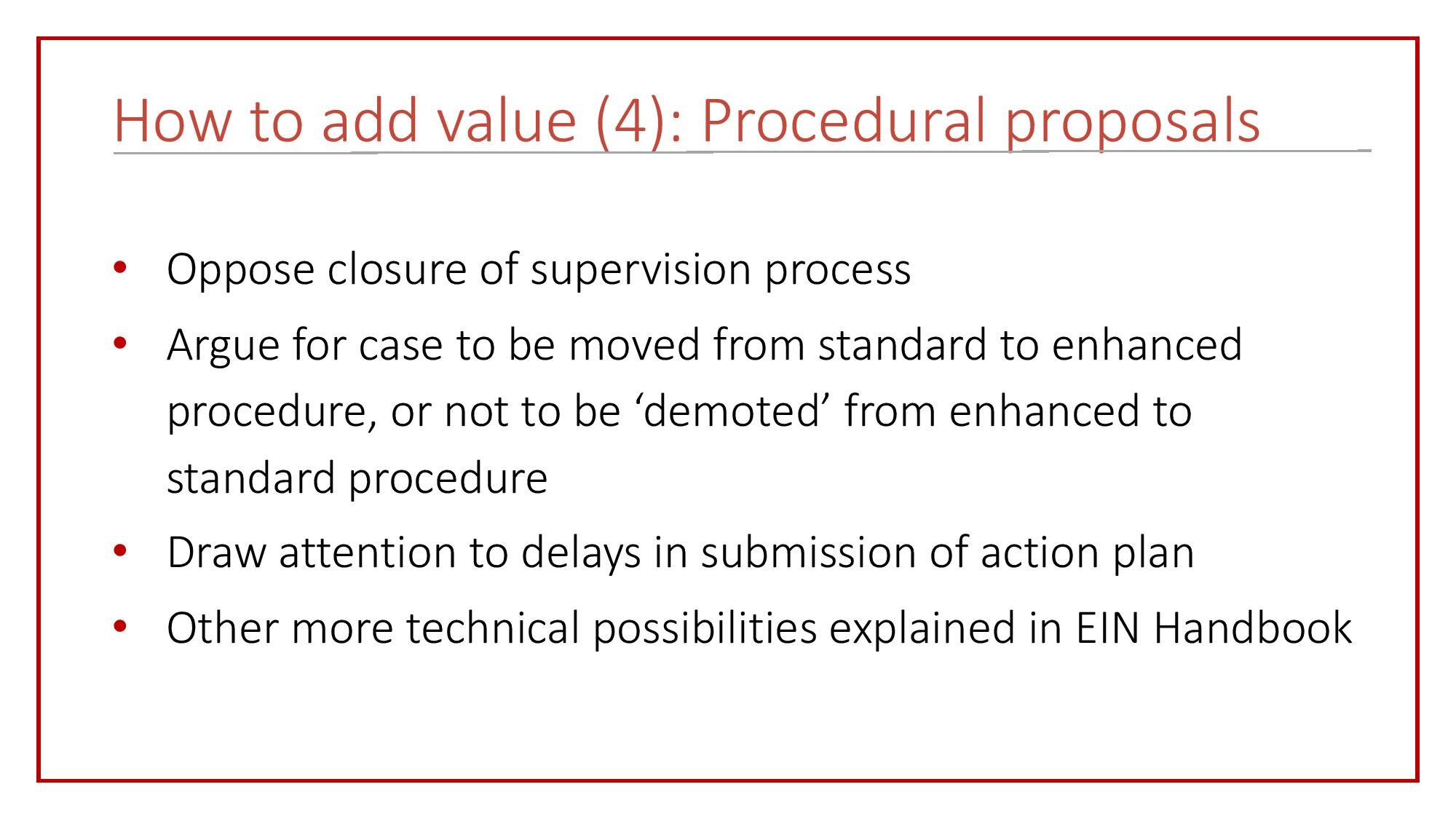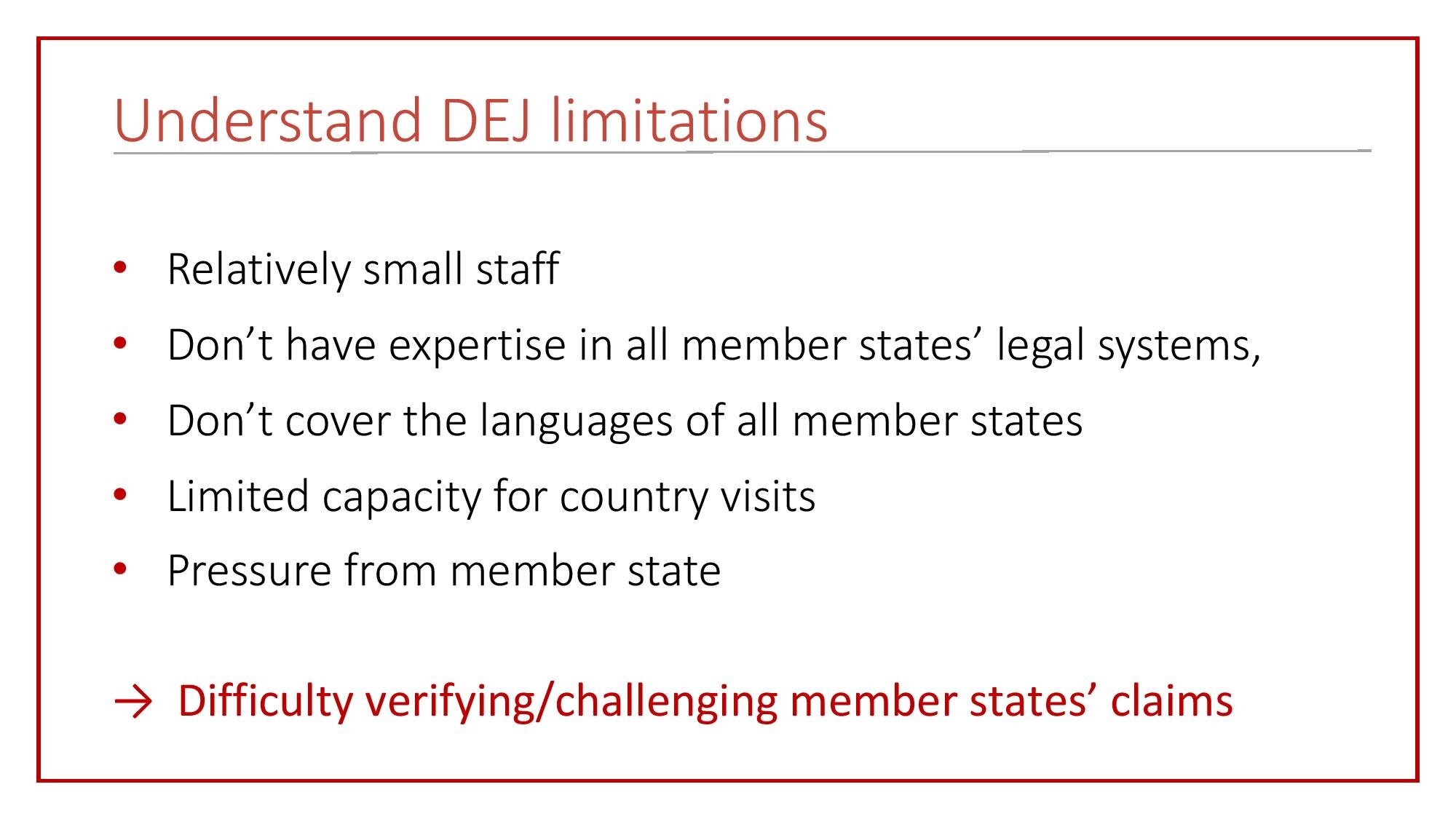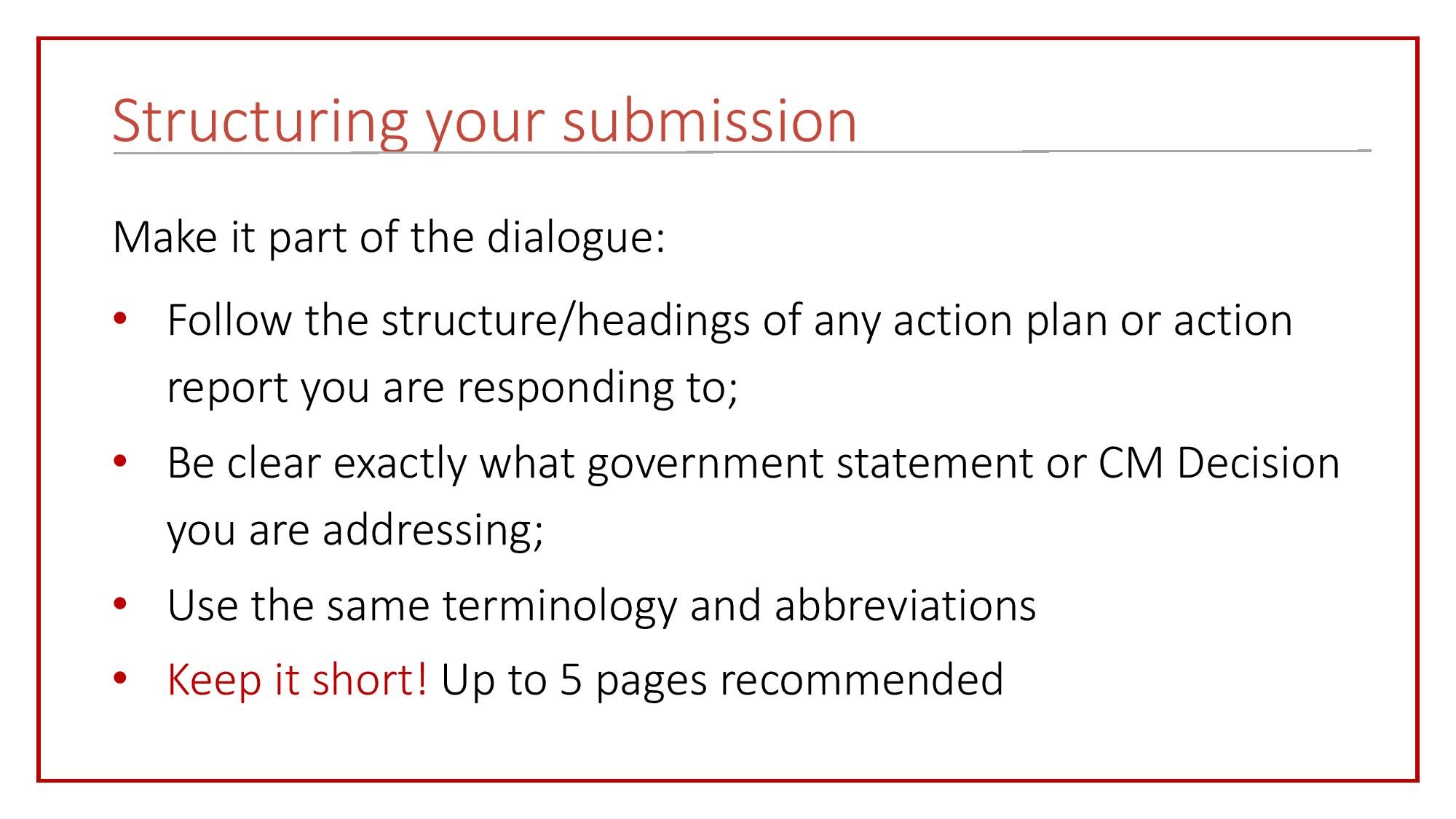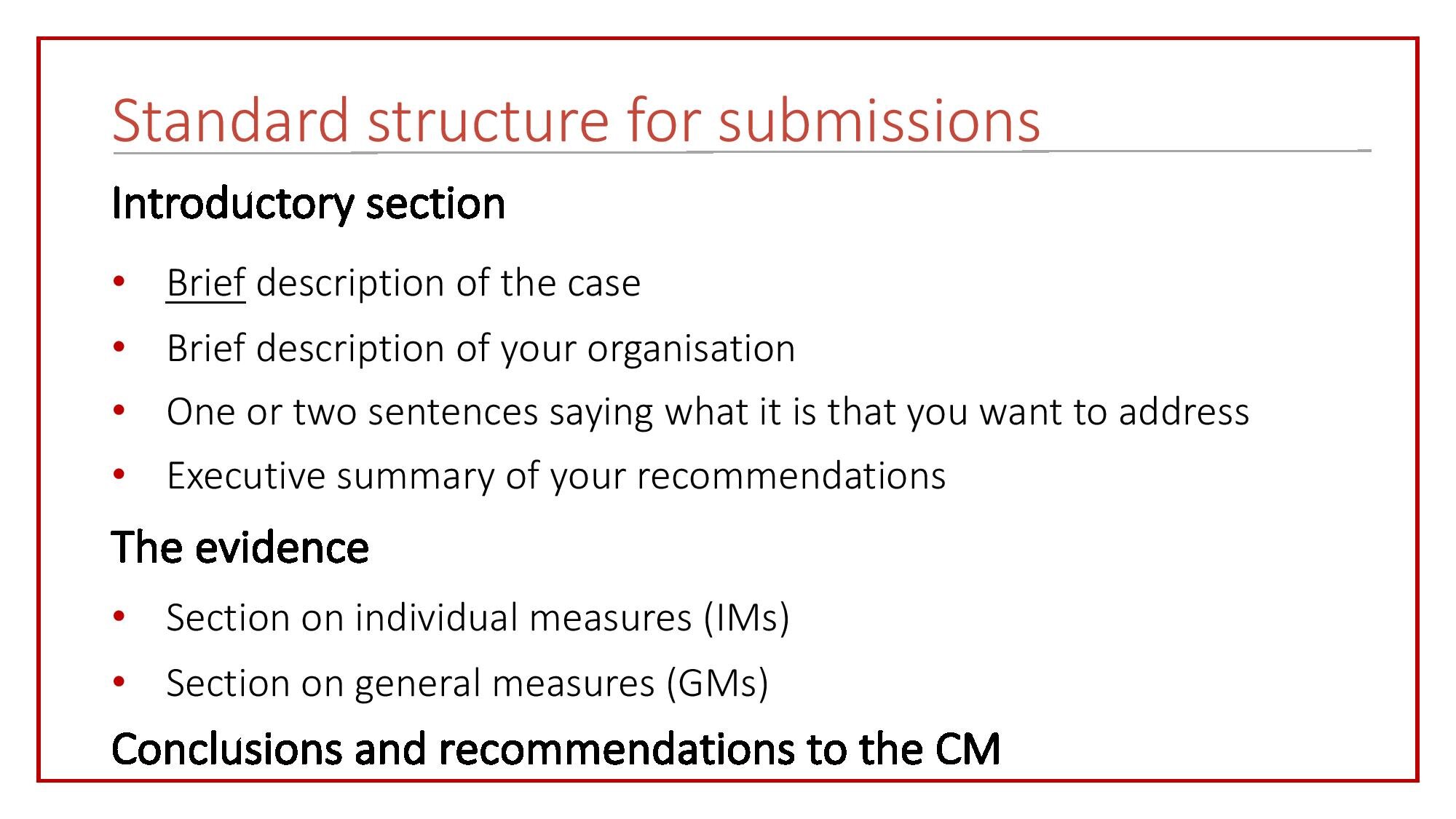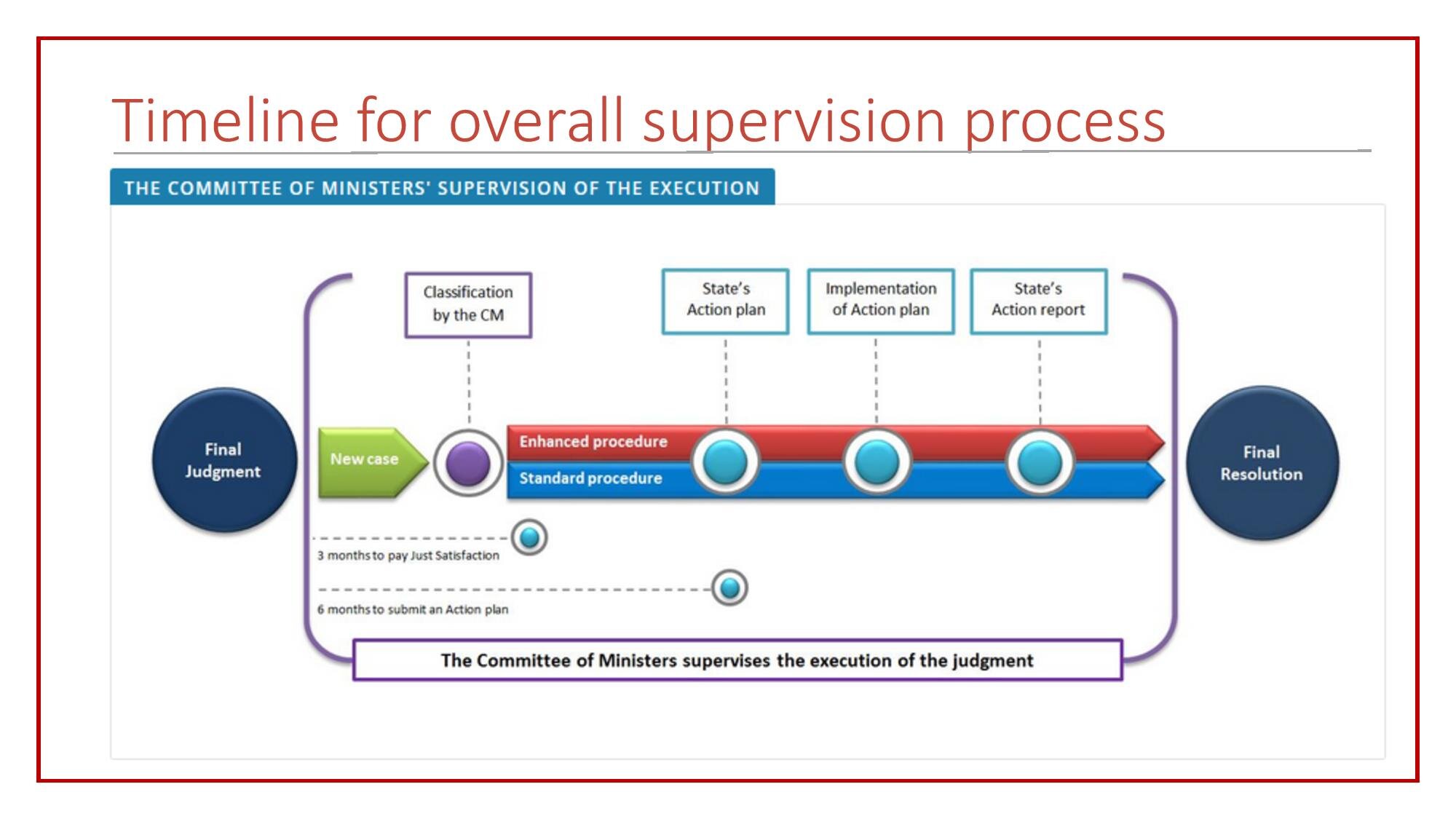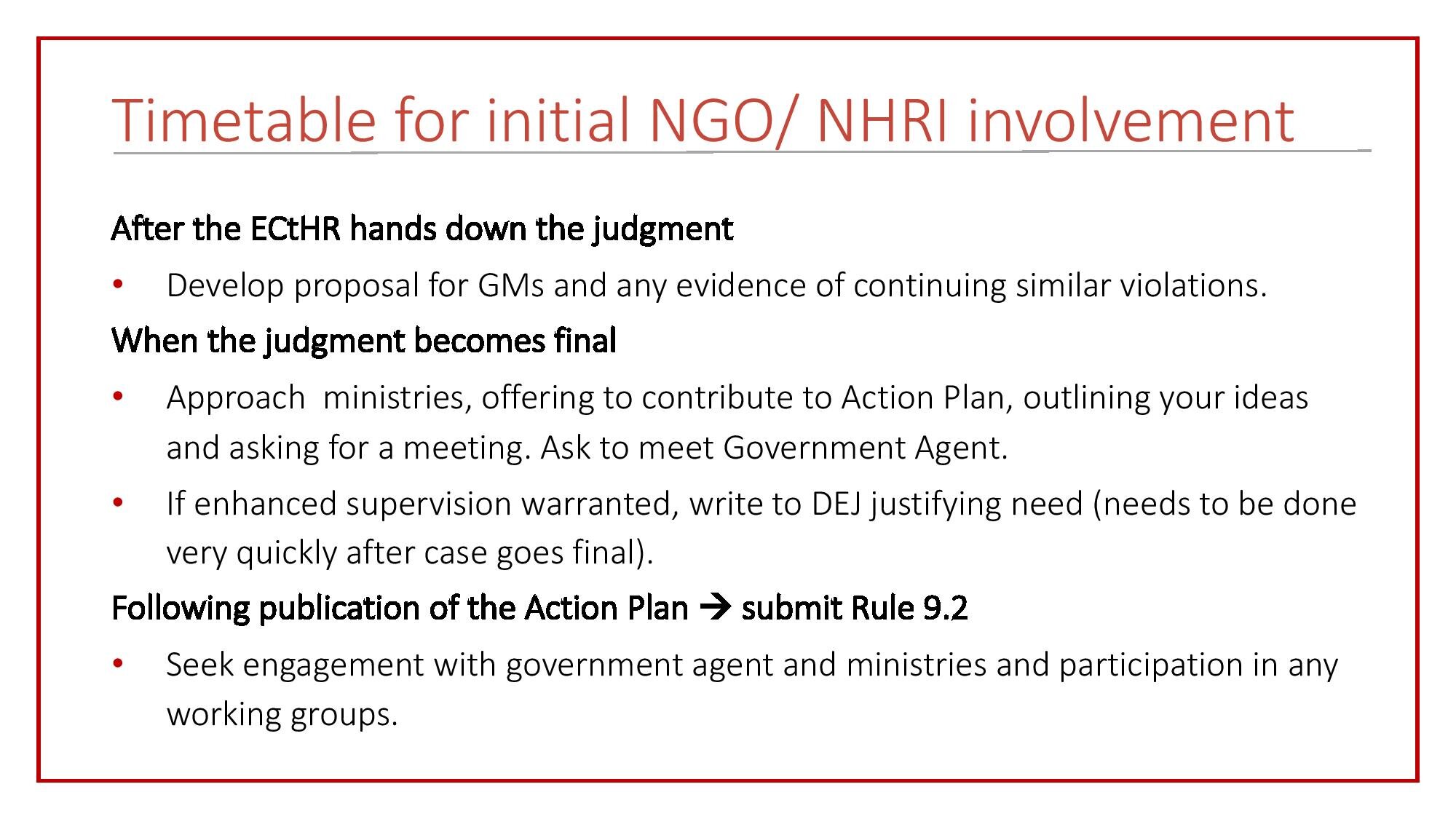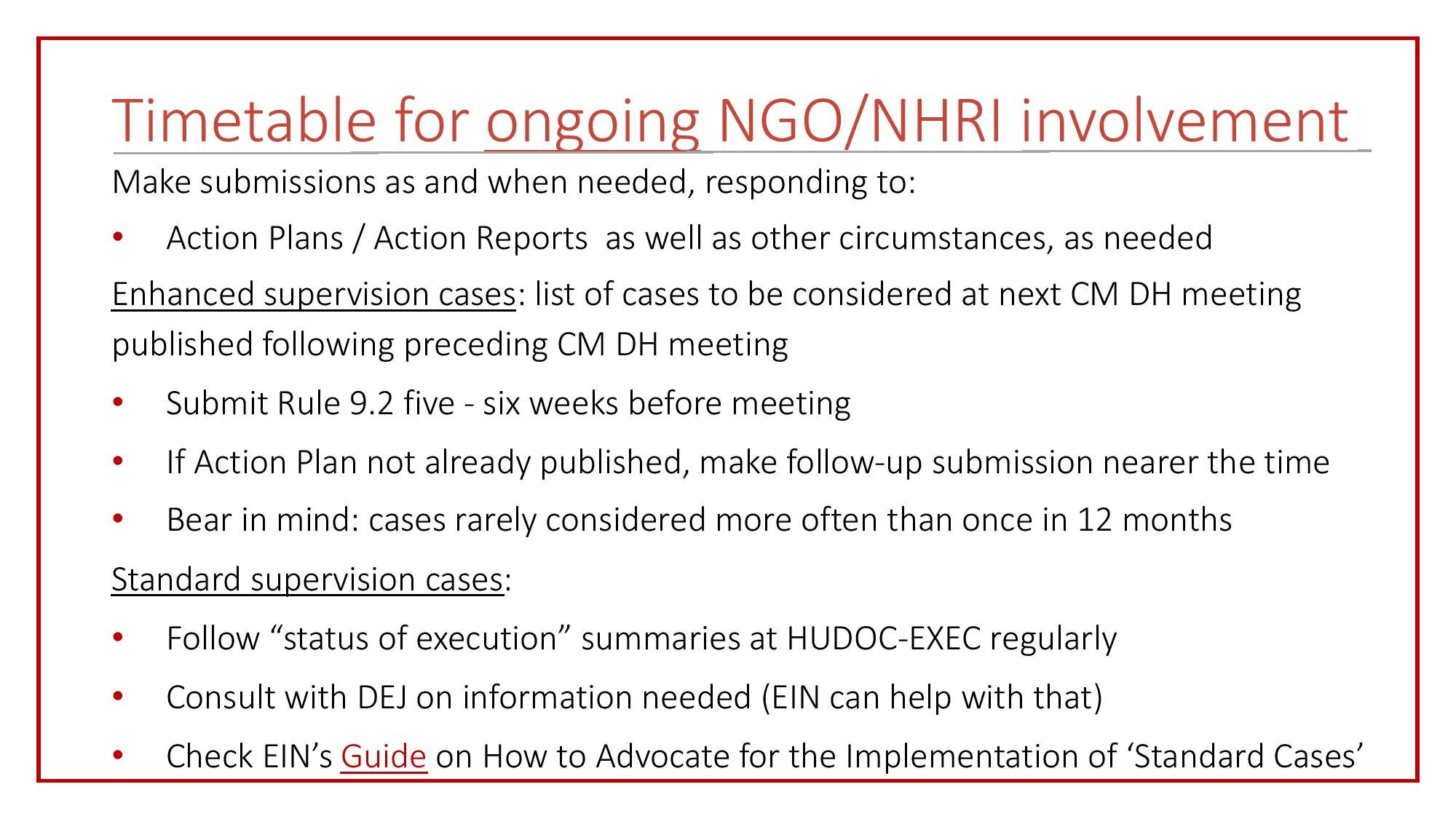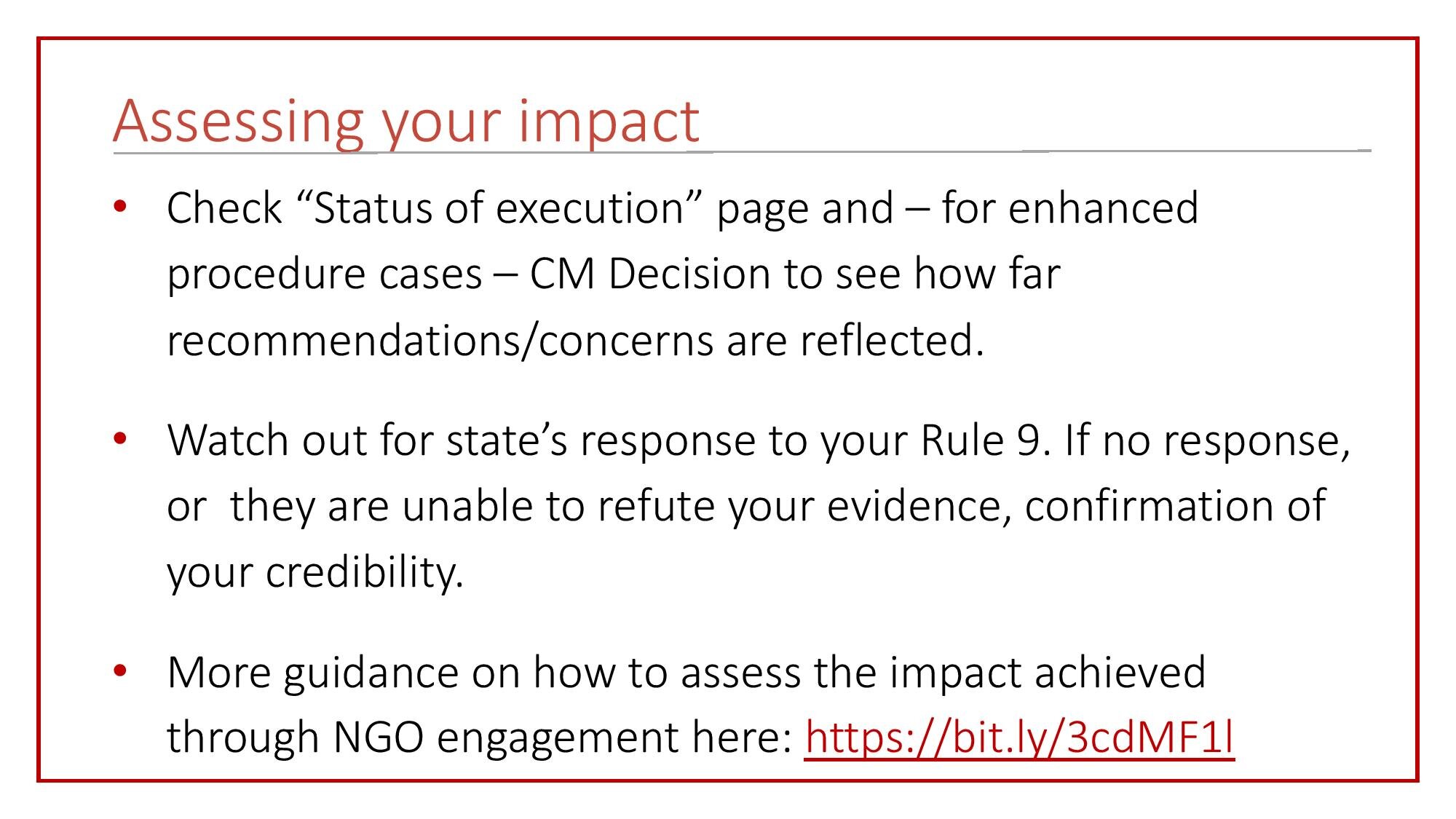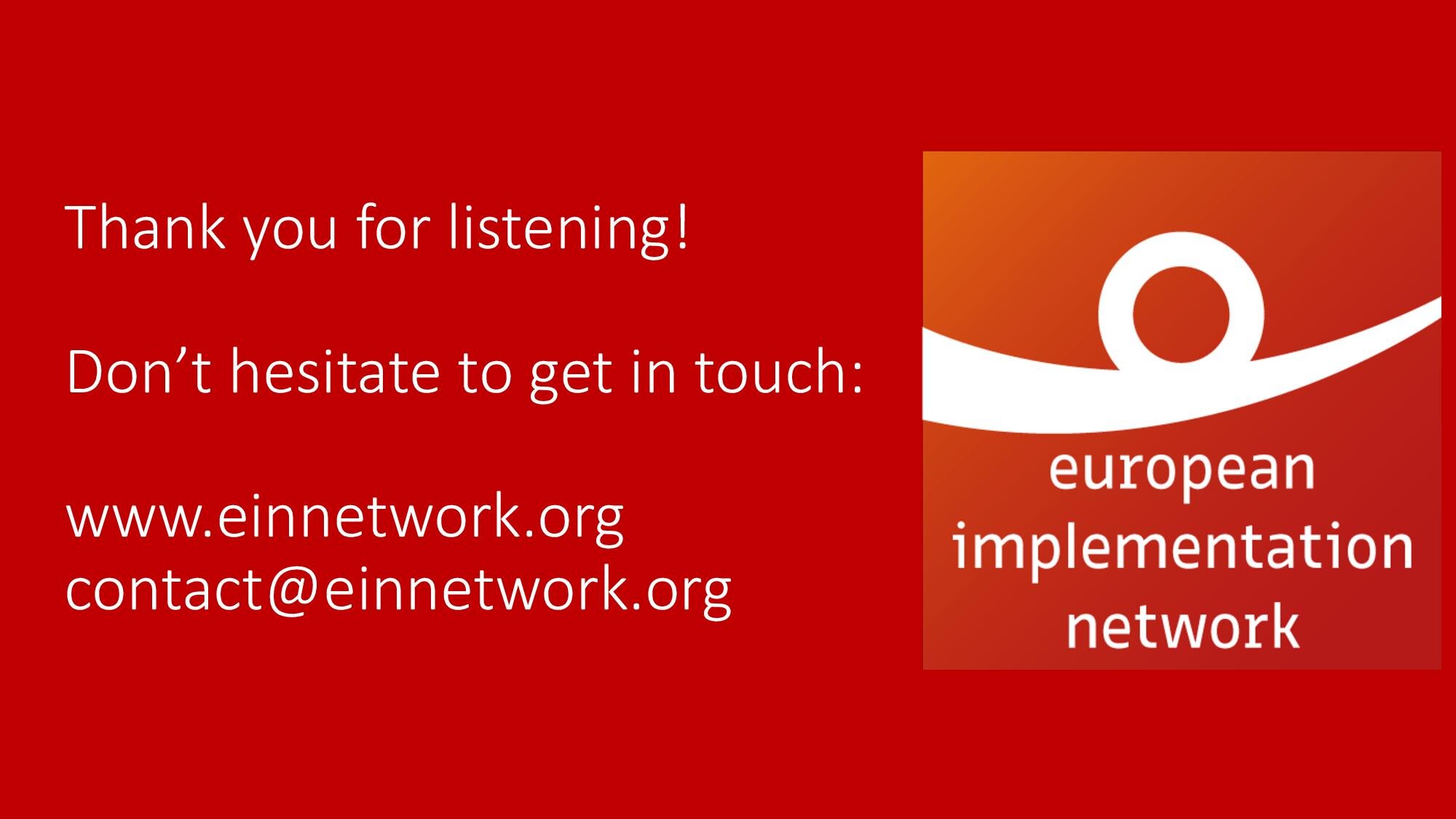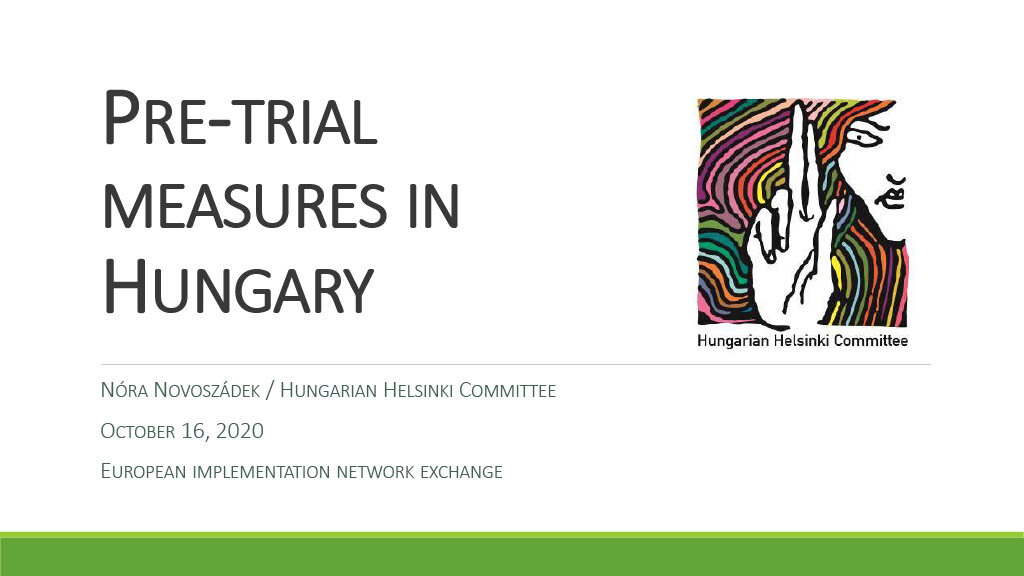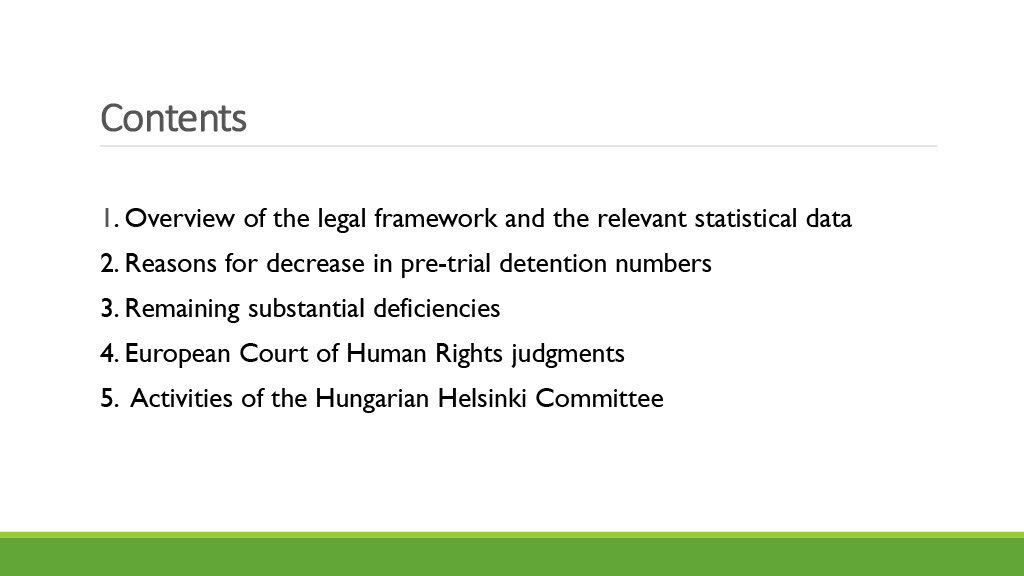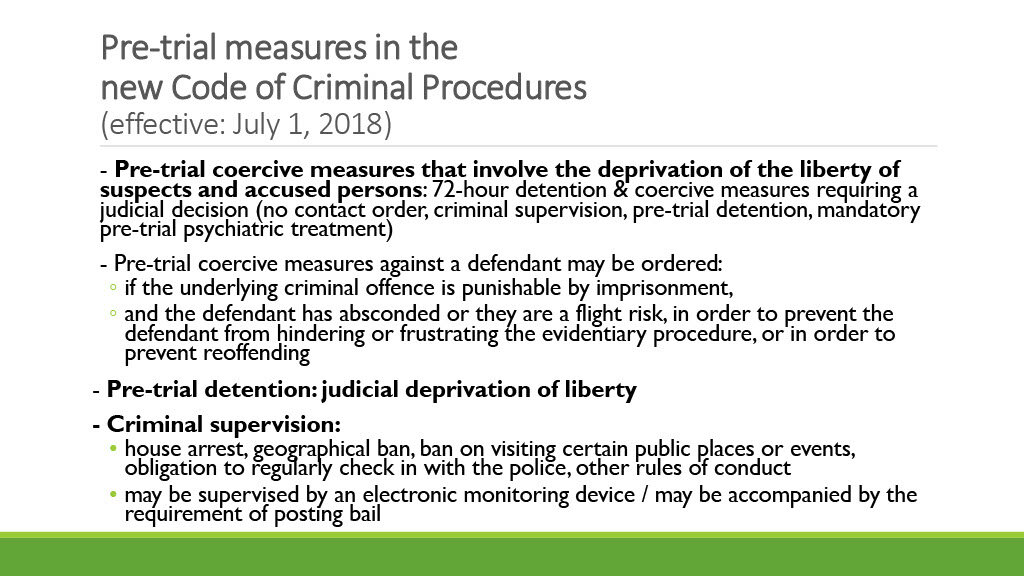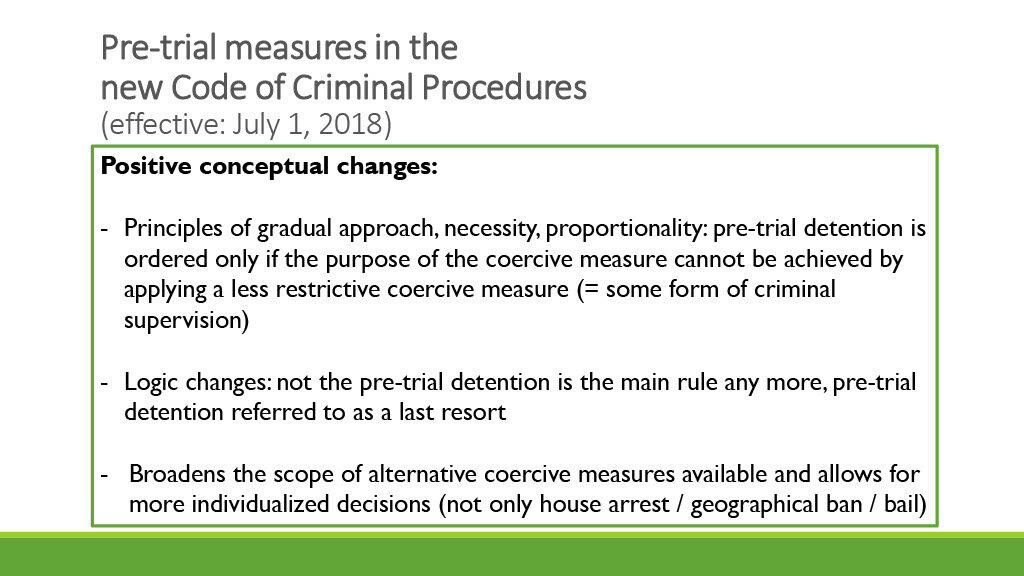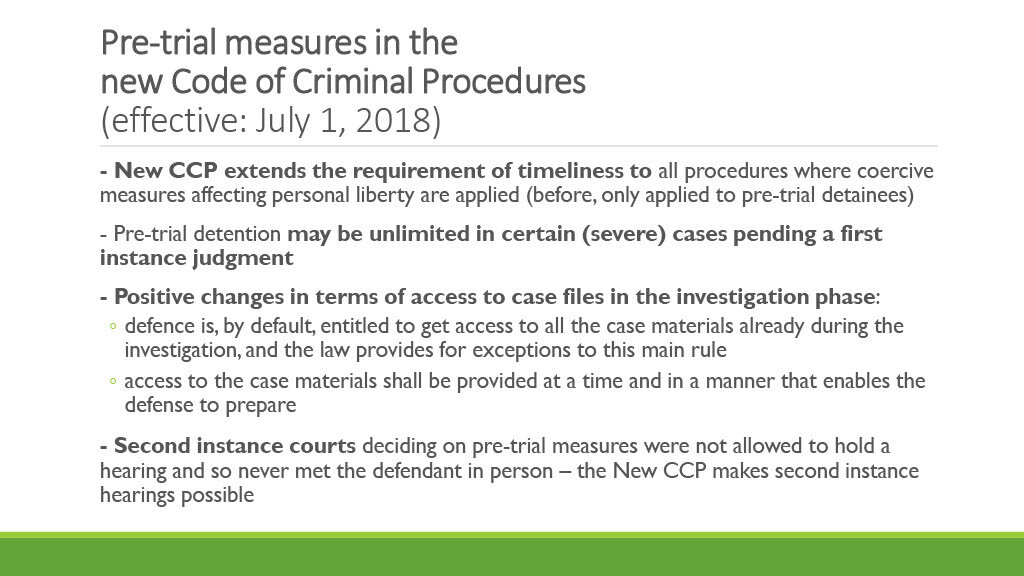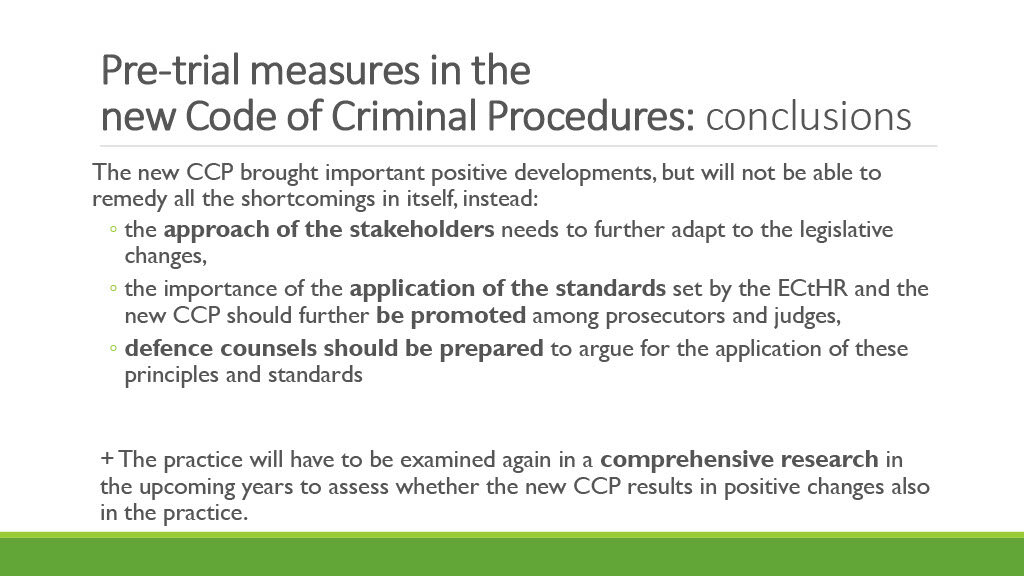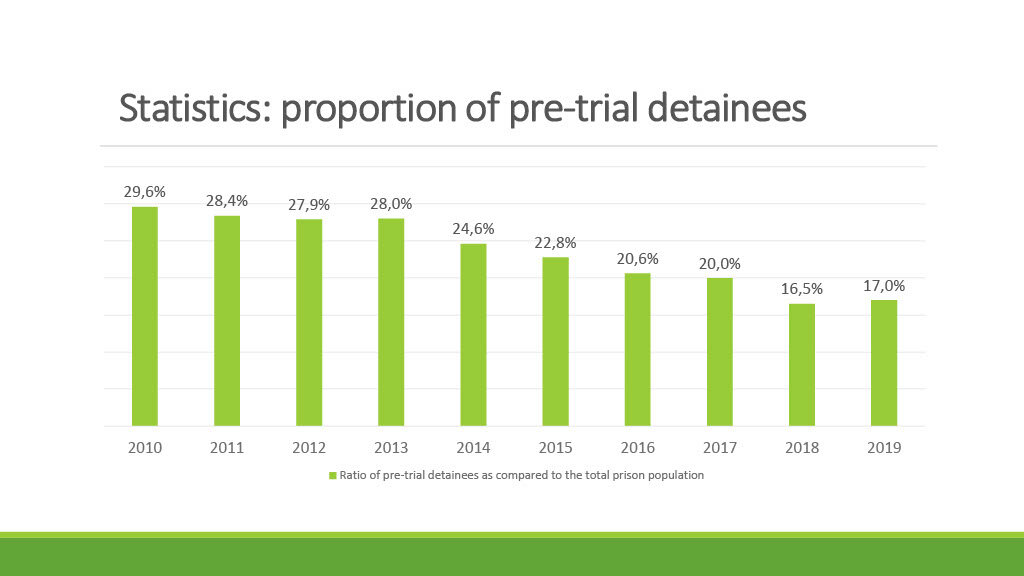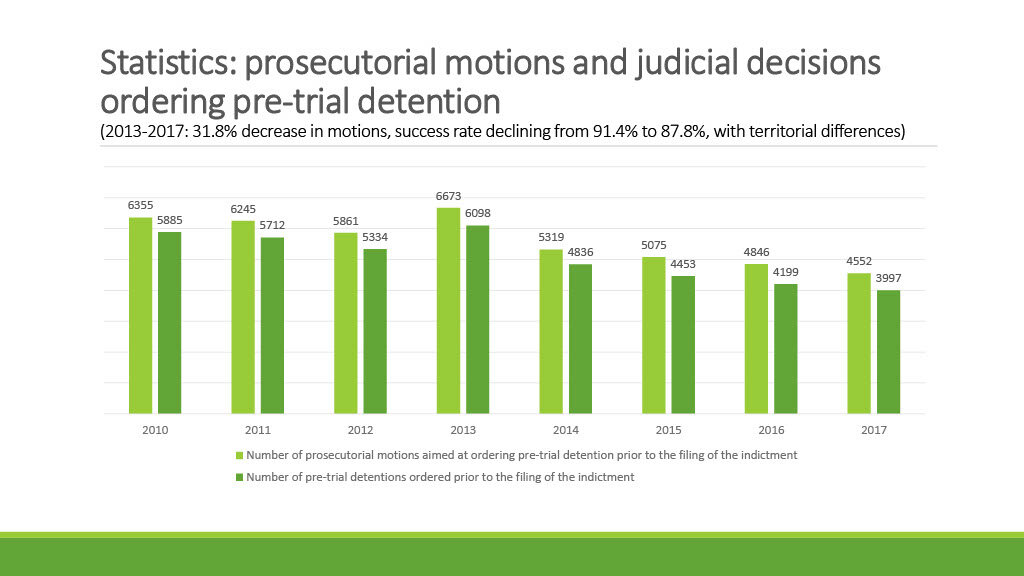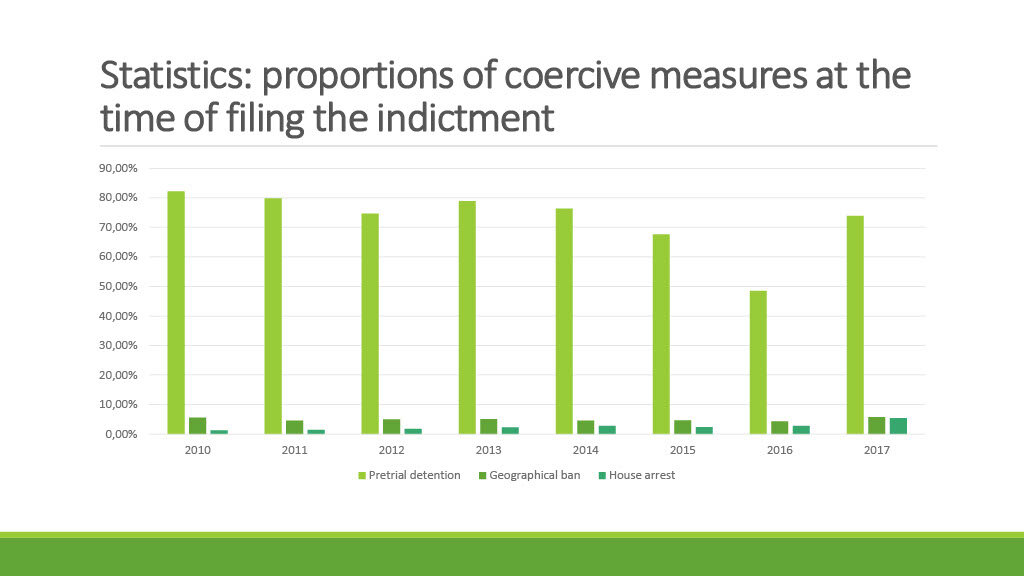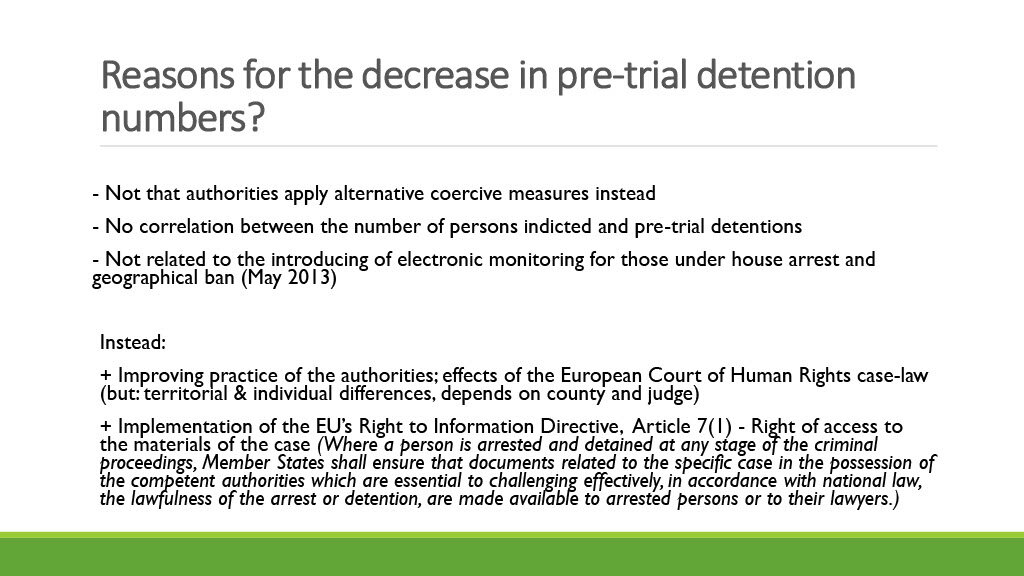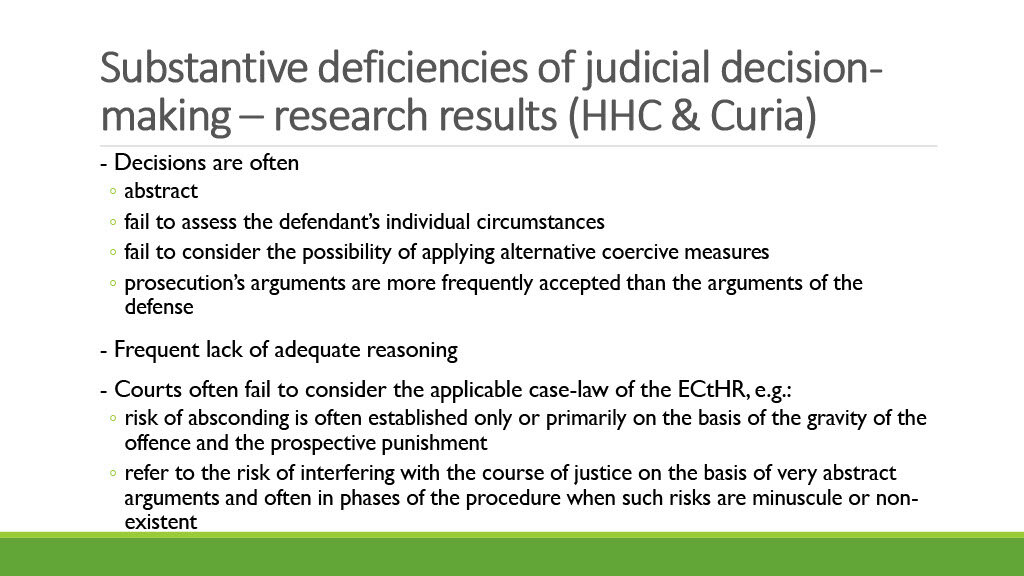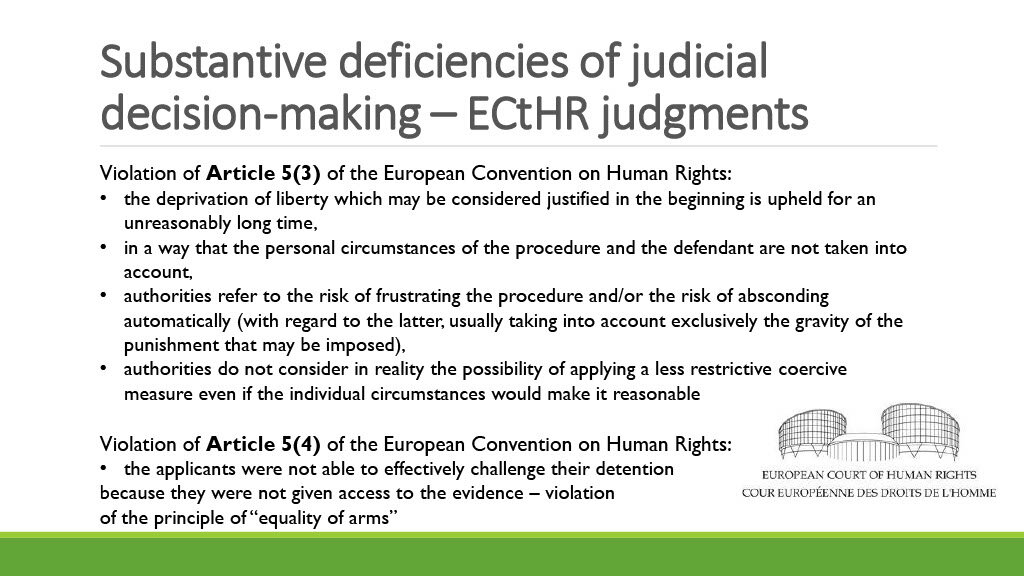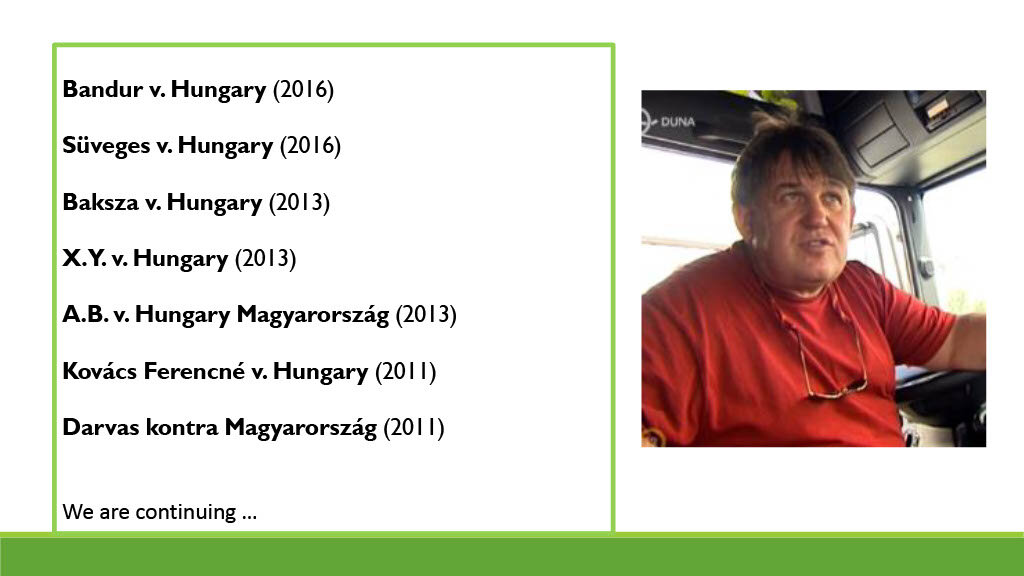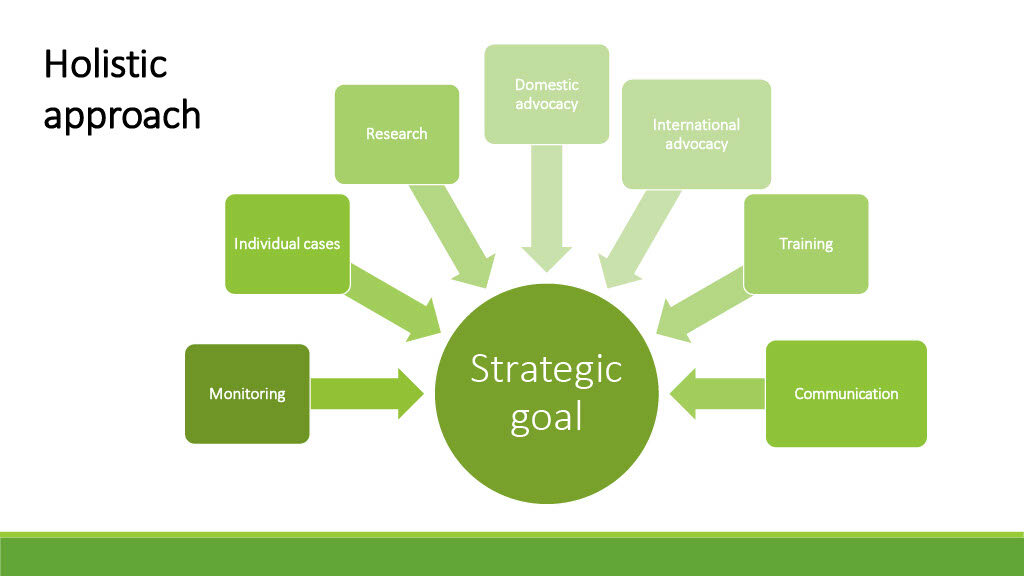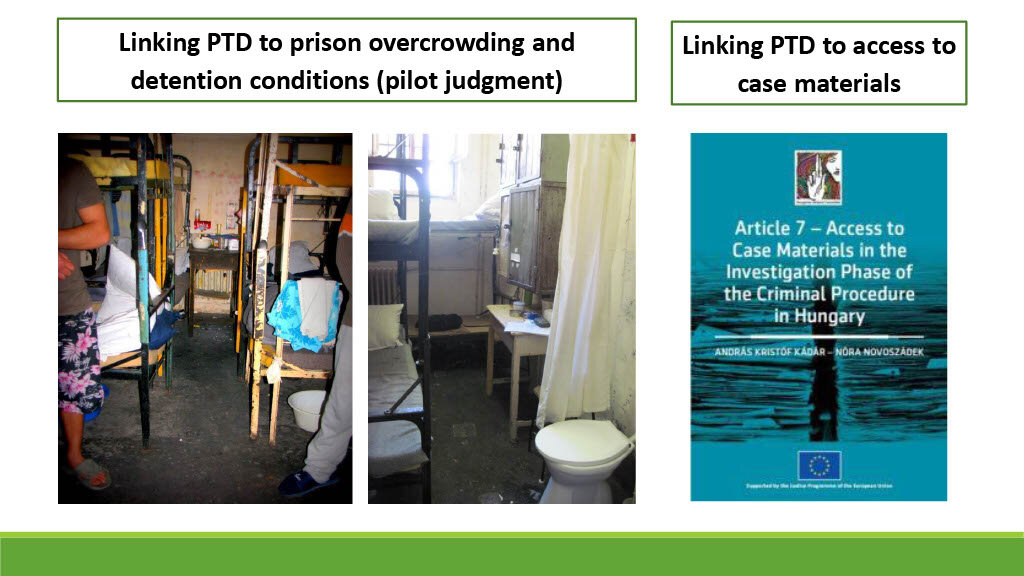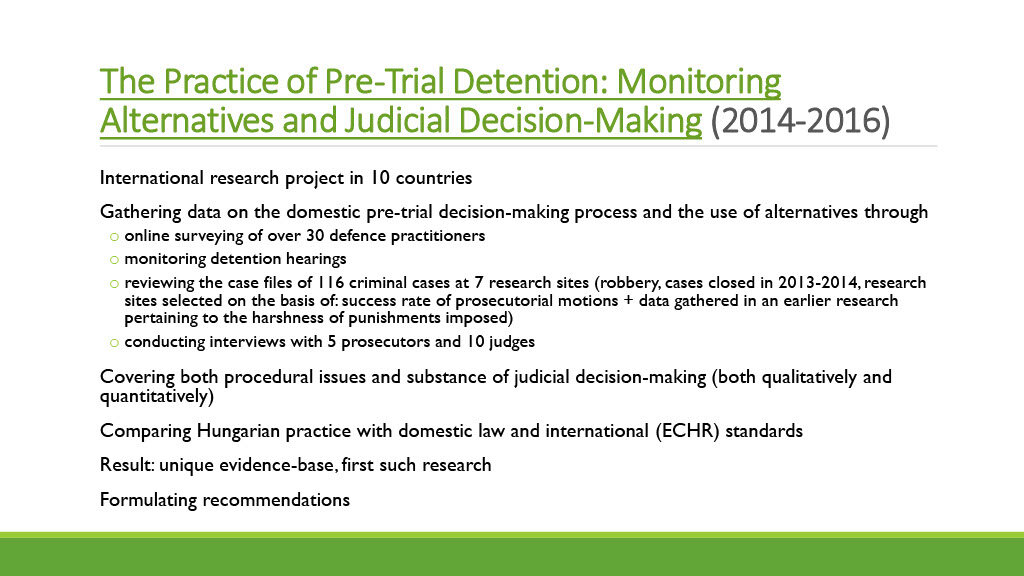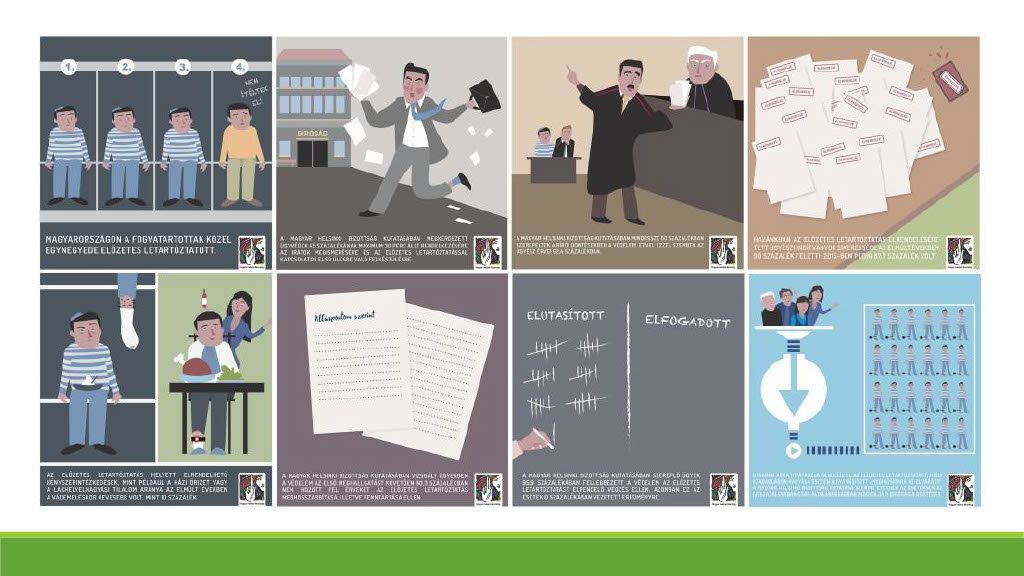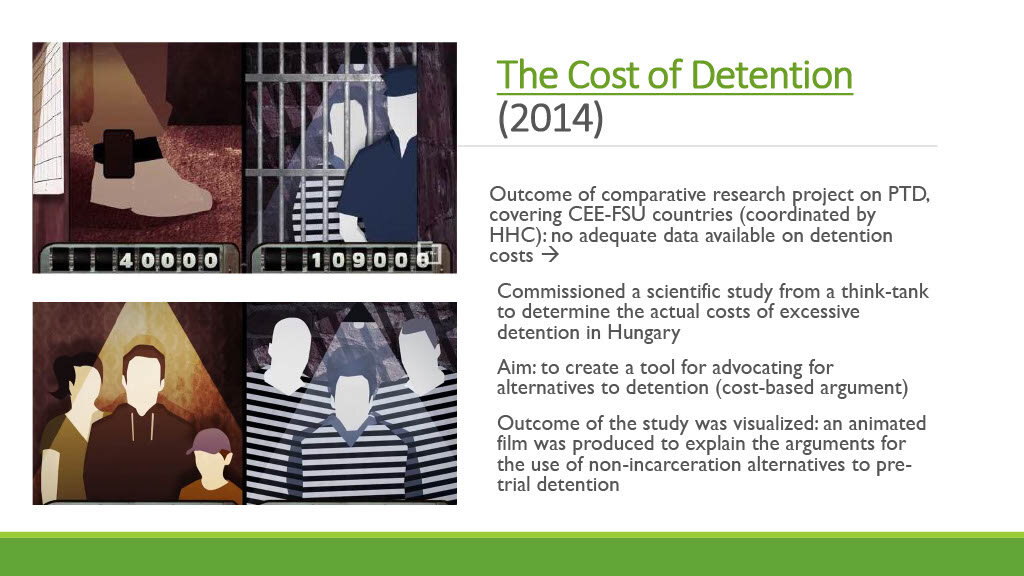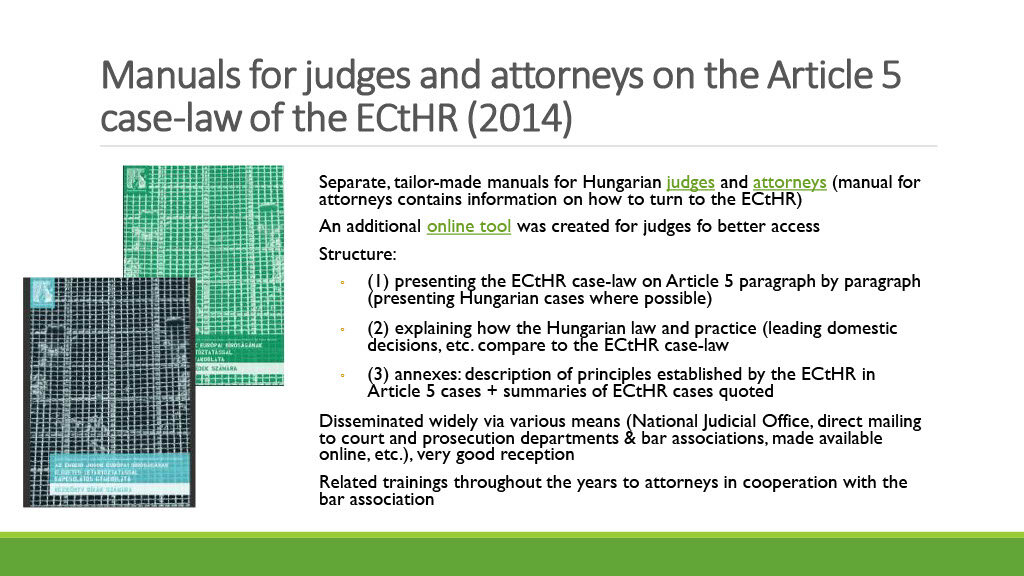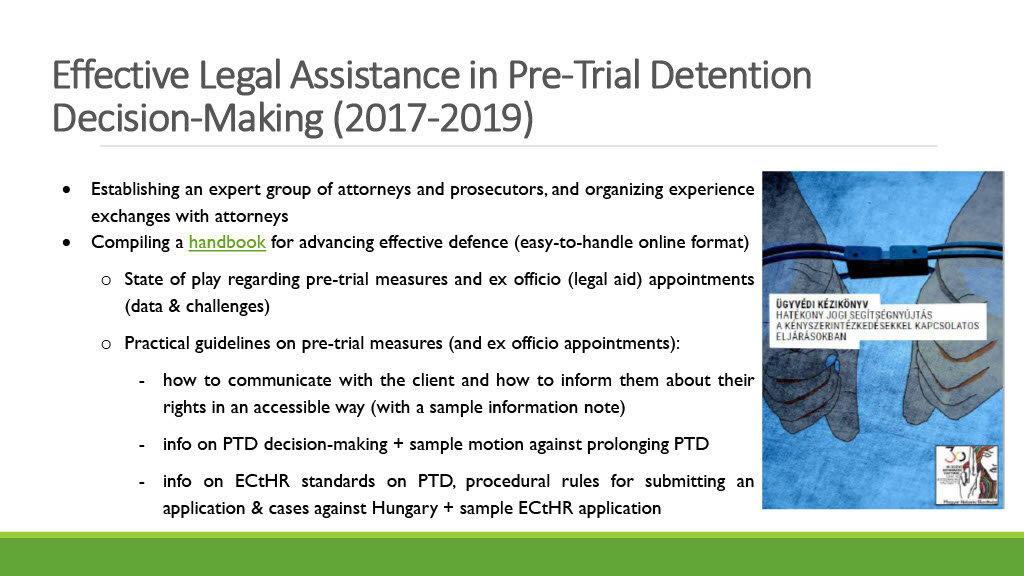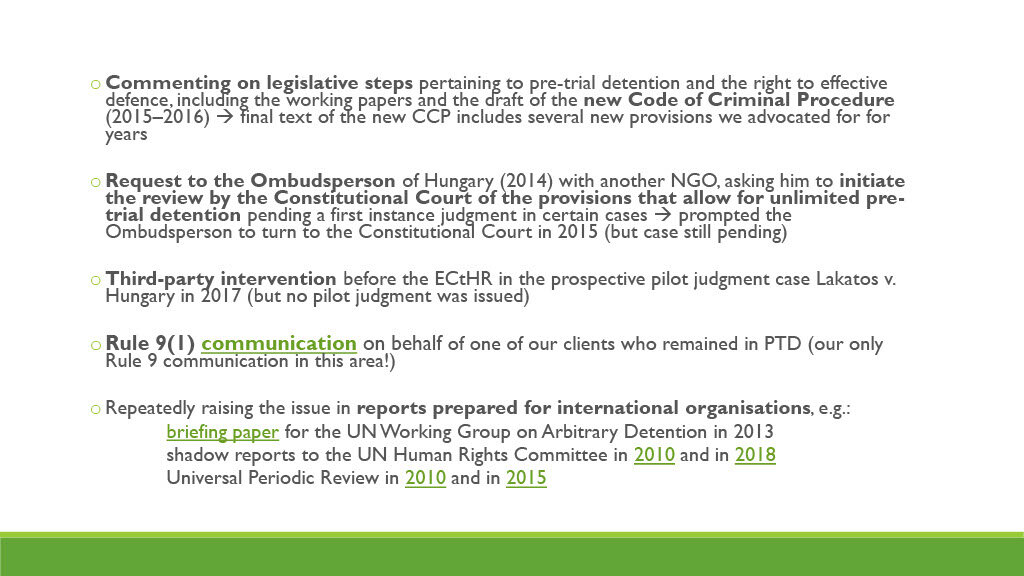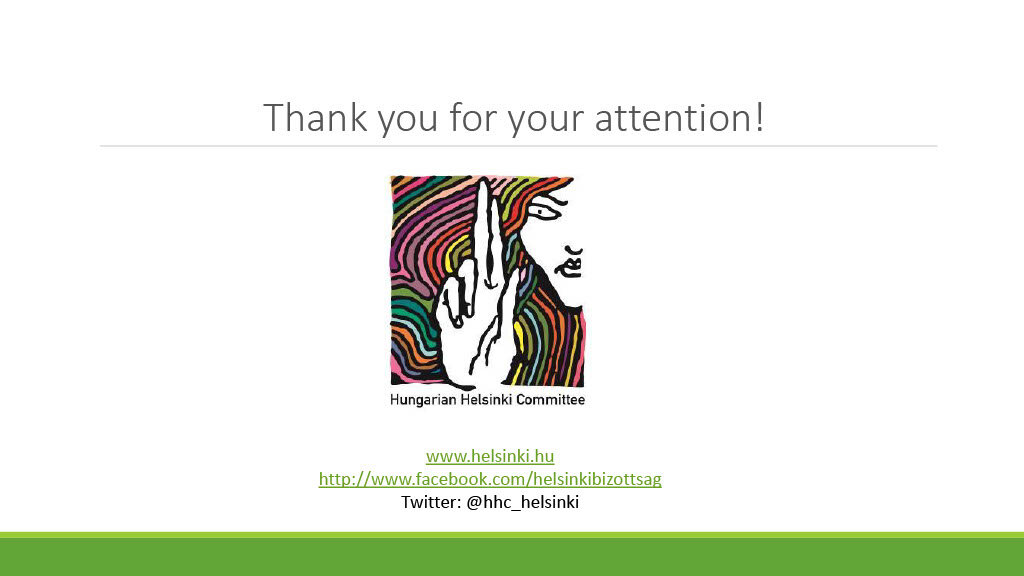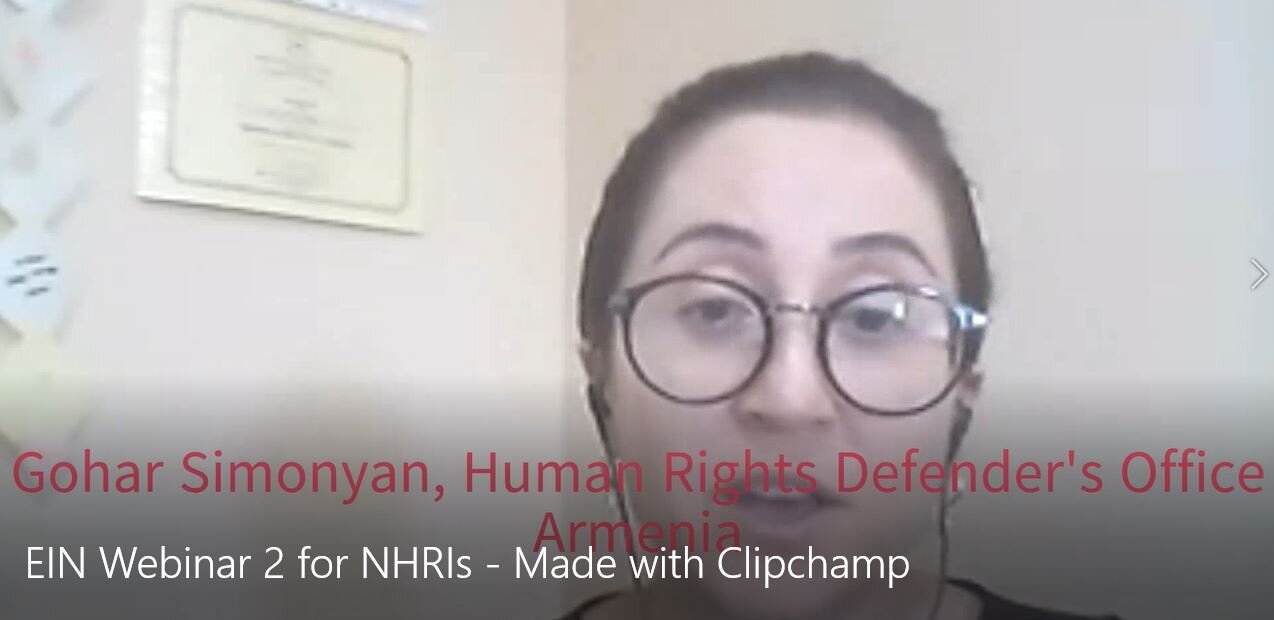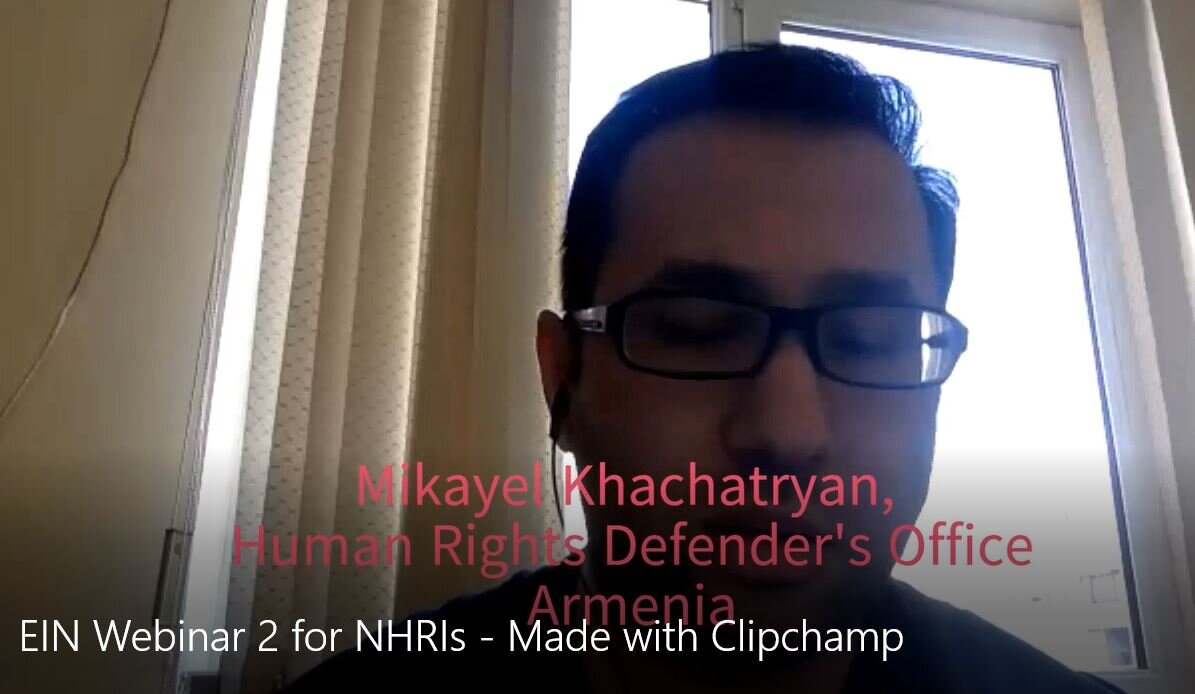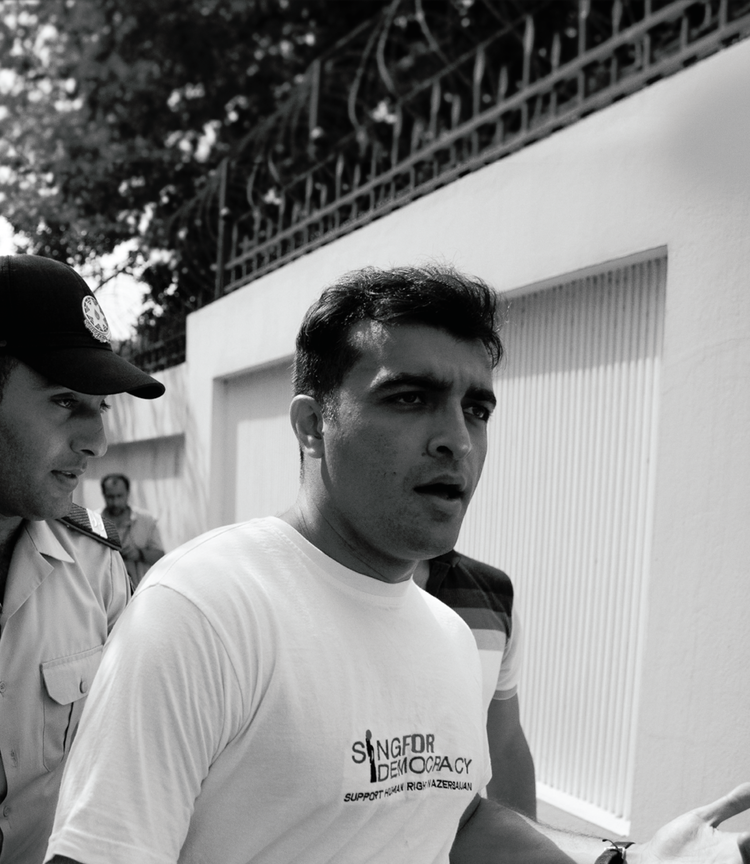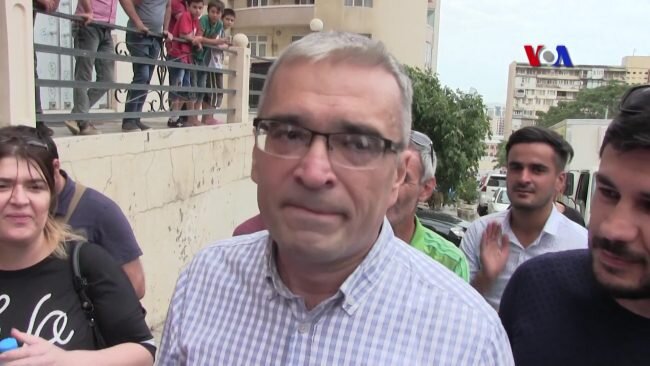From December 1st-3rd the Committee of Minister’s Deputies will be examining several cases of the European Court of Human Rights that are still pending implementation– (see the full list here). For these cases, there were many Rule 9 submissions made by EIN members and partners within our network of implementation advocates. Out of the 32 cases that the CM is examining, 16 submissions are the subject of monitoring submissions.
Decisions by the CM related to these cases were released on December 4th, 2020 and their Decisions on all 32 cases can be found here.
AL NASHIRI group v. Poland (Application No. 28761/11)
Last Decision: March 2019 CM/Del/Dec(2020)1369/H46-19
Violation:
Various violations related to the secret detention and "extraordinary rendition” of the applicant. As a result, the applicant was exposed to a serious risk of further ill-treatment and conditions of detention in breach of Article 3 as well as of further secret detention. He faces a risk of capital punishment in a trial before a United States military commission in which, according to the European Court's judgment, evidence obtained under torture might be used.
Submissions:
- Open Society Justice Initiative (23/10/2020)
AL NASHIRI v. Romania (Application No. 33234/12)
Last Decision: March 2019 CM/Del/Dec(2020)1369/H46-22
Violation:
Various violations related to the secret detention and "extraordinary rendition” of the applicant. As a result, the applicant was exposed to a serious risk of further ill-treatment and conditions of detention in breach of Article 3 as well as of further secret detention. He faces a risk of capital punishment in a trial before a United States military commission in which, according to the European Court's judgment, evidence obtained under torture might be used
Submissions:
- Open Society Justice Initiative (20/10/2020)
Cyprus v. Turkey (Application No. 25781/94) & VARNAVA AND OTHERS v. Turkey (Application No. 16064/90+)
Last Decision: December 2019 CM/Del/Dec(2019)1362/H46-30
Violation:
Lack of effective investigation into the fate of nine Greek Cypriots who disappeared during the military operations undertaken by Turkey in Cyprus in 1974.
Submissions:
- Truth Now
D.H. AND OTHERS v. Czech Republic (Application No. 57325/00)
Last Decision: September 2019 CM/Del/Dec(2019)1355/H46-7
Violation:
Discrimination in the enjoyment of the applicants’ right to education due to their enrolment to special schools between 1996 and 1999, on account of their Roma origin.
Submissions:
- the Forum for Human Rights (20/10/2020)
- the Council of Europe Commissioner for Human Rights (22/10/2020)
GONGADZE v. Ukraine (Application No. 34056/02)
Last Decision: September 2018 CM/Del/Dec(2018)1324/H46-25
Violation:
The killing of a journalist and lack of effective investigation.
Submissions:
- the Institute of Mass Information (26/10/2020)
KHAN v. France (Application No. 12267/16)
First examination by the CM
Violation:
Lack of care and protection of an unaccompanied foreign minor given his living conditions in the Calais “lande” and the non-enforcement of the order of the juvenile judge aimed at protecting him.
Submissions:
- Help Refugees, Médecins du Monde Nord Littoral, Project Play, Refugee Rights Europe, Refugee Women’s Centre, Refugee Youth Service, Safe Passage International, Secours Catholique-Caritas France, Utopia 56 (French Only) (26/10/2020)
- the French Ombudsman (27 July 2020)
KAVALA v. Turkey (Application No. 28749/18)
Last Decision: 29 September – 1 October 2020 CM/Del/Dec(2020)1383/H46-22
Violation:
Unjustified and extended detention of the applicant without reasonable suspicion and with the ulterior purpose of reducing him to silence.
Submissions:
- Human Rights Watch, the International Commission of Jurists, and the Turkey Human Rights Litigation Support Project (02/11/2020)
KHASHIYEV and AKAYEVA group v. Russian Federation (Application No. 57942/00)
Last Decision: March 2018 CM/Del/Dec(2018)1310/H46-16
Violation:
The action of the security forces, mostly in the Chechen Republic (the search for missing persons in the cases concerning events which took place between 1999 and 2006).
Submissions:
- European Human Rights Advocacy Centre and Memorial Human Rights Centre (21/10/2020)
- European Human Rights Advocacy Centre and Memorial Human Rights Centre (03/11/2020)
MAMMADLI group of cases v. Azerbaijan (Application No. 47145/14)
Last Decision: 1-3 September 2020 CM/Del/Dec(2020)1377bis/H46
Violation:
Arrest and pre-trial detention to punish the applicants for his activities in the area of electoral monitoring (Mammadli) or for their active social and political engagement (Rashad Hasanov and others) in breach of Article 18 taken in conjunction with Article 5.
Submissions:
- Amnesty International, the Baku Human Rights Club, the Election Monitoring and Democracy Studies Centre, the European Human Rights Advocacy Centre, the European Implementation Network, the Human Rights House Foundation, the International Partnership for Human Rights, the Legal Education Society and the Netherlands Helsinki Committee (22/10/2020)
McKERR GROUP v. UK (Application no. 28883/95)
Last Decision: 1-3 September 2020 CM/Del/Dec(2020)1377bis/H46-44
Violation:
Actions of security forces in Northern Ireland in the 1980s and 1990s; failure to conduct Article 2-compliant investigations.
Submissions:
- Committee on the Administration of Justice (29/10/2020)
NISIOTIS GROUP v. Greece (Application no. 34704/08)
Last Decision: September 2018 CM/Del/Dec(2018)1324/H46-8
Violation:
Prison overcrowding and other poor conditions in prison.
Submissions:
- Hellenic League for Human Rights (16/10/2020)
NEVMERZHITSKY v. Ukraine (Application no. 54825/00)
Last Decision: 29 September – 1 October 2020 CM/Del/Dec(2020)1383/H46-25
Violation:
Poor conditions of detention and lack of adequate medical treatment.
Submissions:
- European Prison Litigation Network and the Kharkiv Human Right Protection Group (02/11/2020)
OPUZ GROUP v. Turkey (Application no. 33401/02)
Last Decision: December 2018 CM/Del/Dec(2018)1331/H46-29
Violation:
Failure to provide protection from domestic violence.
Submissions:
- Federation of Women Associations of Turkey (22/10/2020)
- Mor Çatı Women’s Shelter Foundation (23/10/2020)
TSINTSABADZE GROUP v. Georgia (Application no. 35403/06)
Last Decision: December 2019 CM/Del/Dec(2019)1362/H46-8
Violation:
Lack of effective investigations into allegations of ill-treatment or violations of the right to life; excessive use of force by the police in the course of arrest and/or while detaining suspects.
Submissions:
- Georgian Young Lawyers’ Association and European Human Rights Advocacy Centre (20/10/2020)
- Public Defender’s Office of Georgia (23/10/2020)
VOLODINA GROUP v. Russia (Application no. 41261/17)
First examination
Violation:
Failure to protect from domestic violence and to conduct an effective investigation.
Submissions:
- Stichting Justice Initiative (31/07/2020)
YORDANOVA AND OTHERS group of cases v. Bulgaria (Application No. 25446/06)
Last Decision March 2020 CM/Del/Dec(2020)1369/H46-9
Violation:
Eviction of persons of Roma origin[2] on the basis of legislation not requiring adequate examination of the proportionality of the measure.
Submissions:
- Bulgarian Helsinki Committee (03/11/2020)
- Bulgarian Helsinki Committee (23/10/2020)
- Council of Europe Commissioner for Human Rights (16/10/2020)




